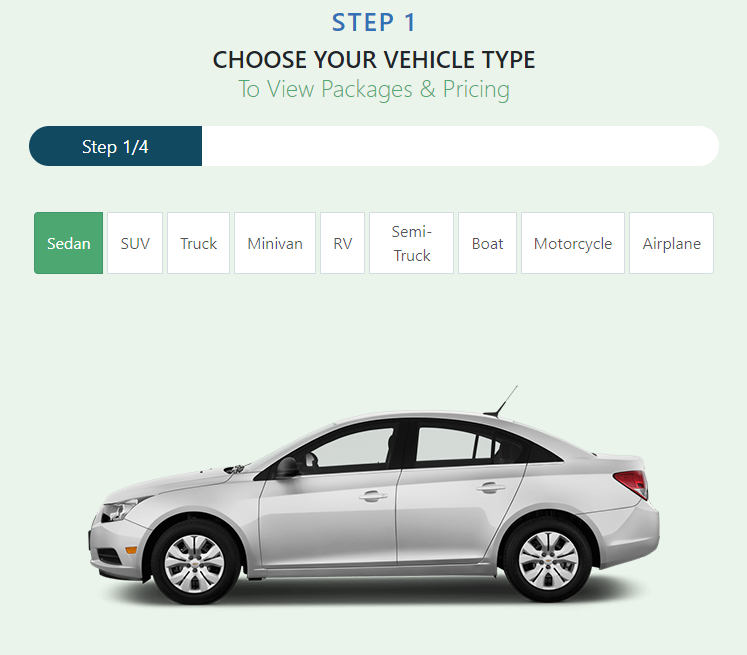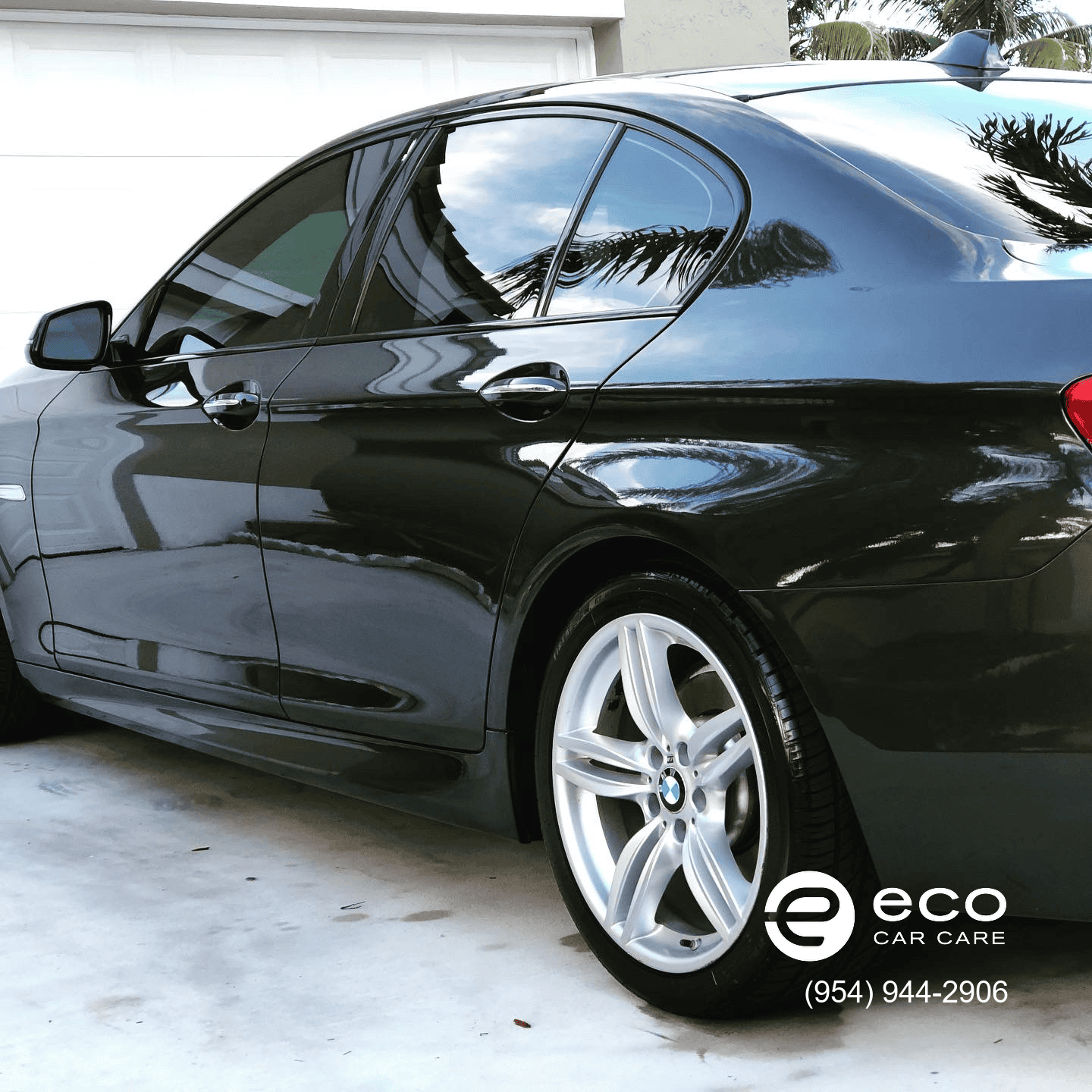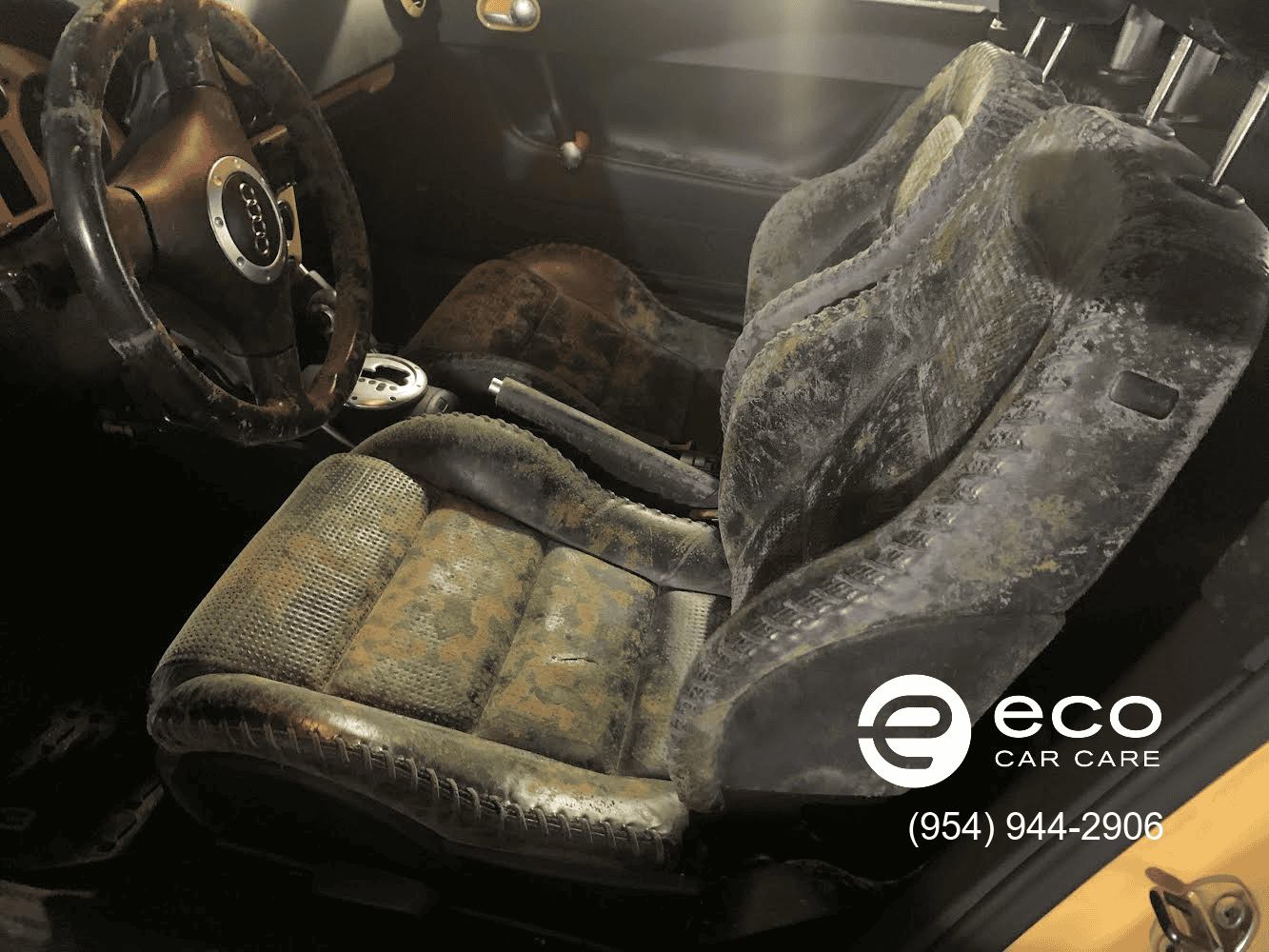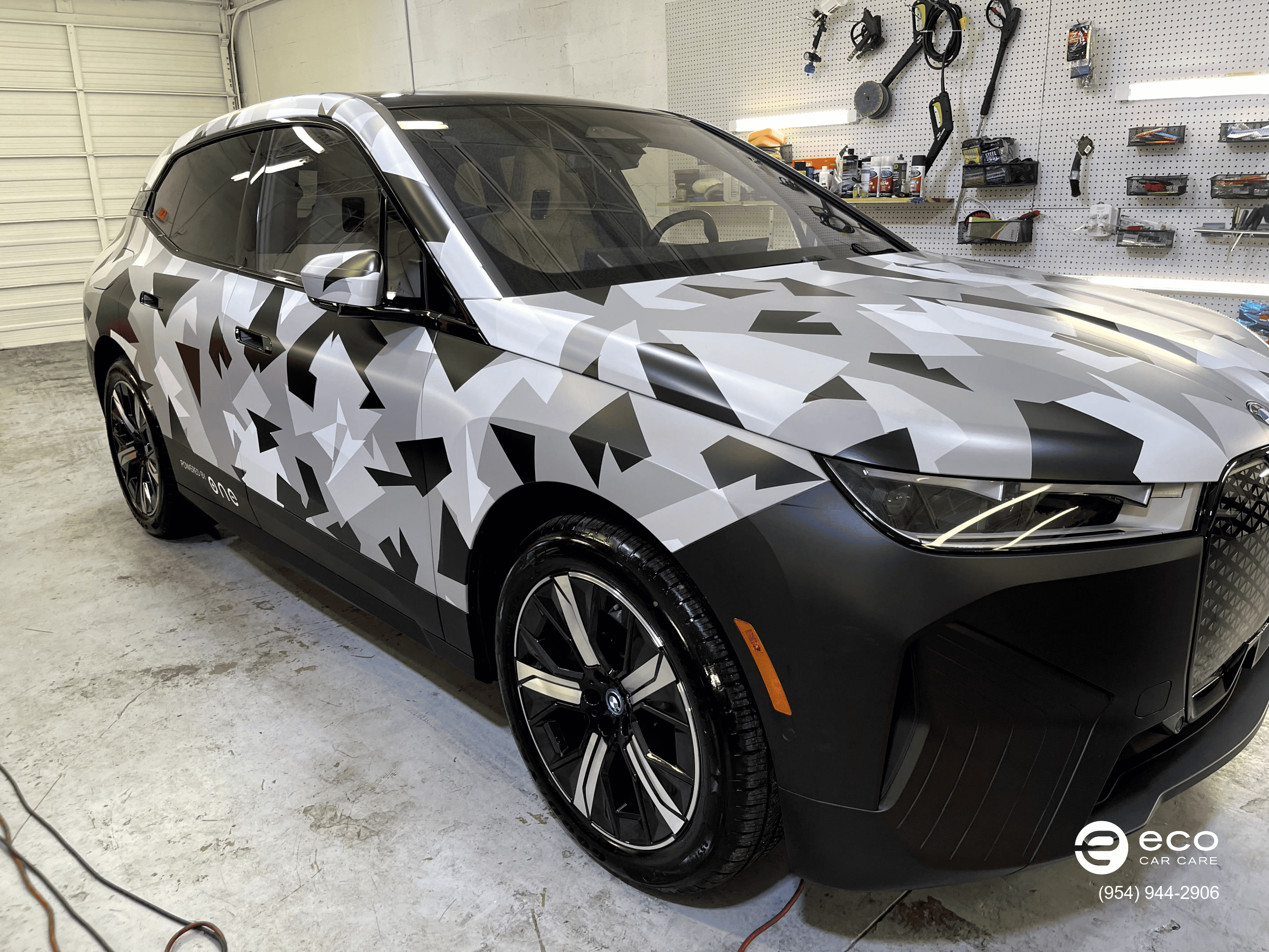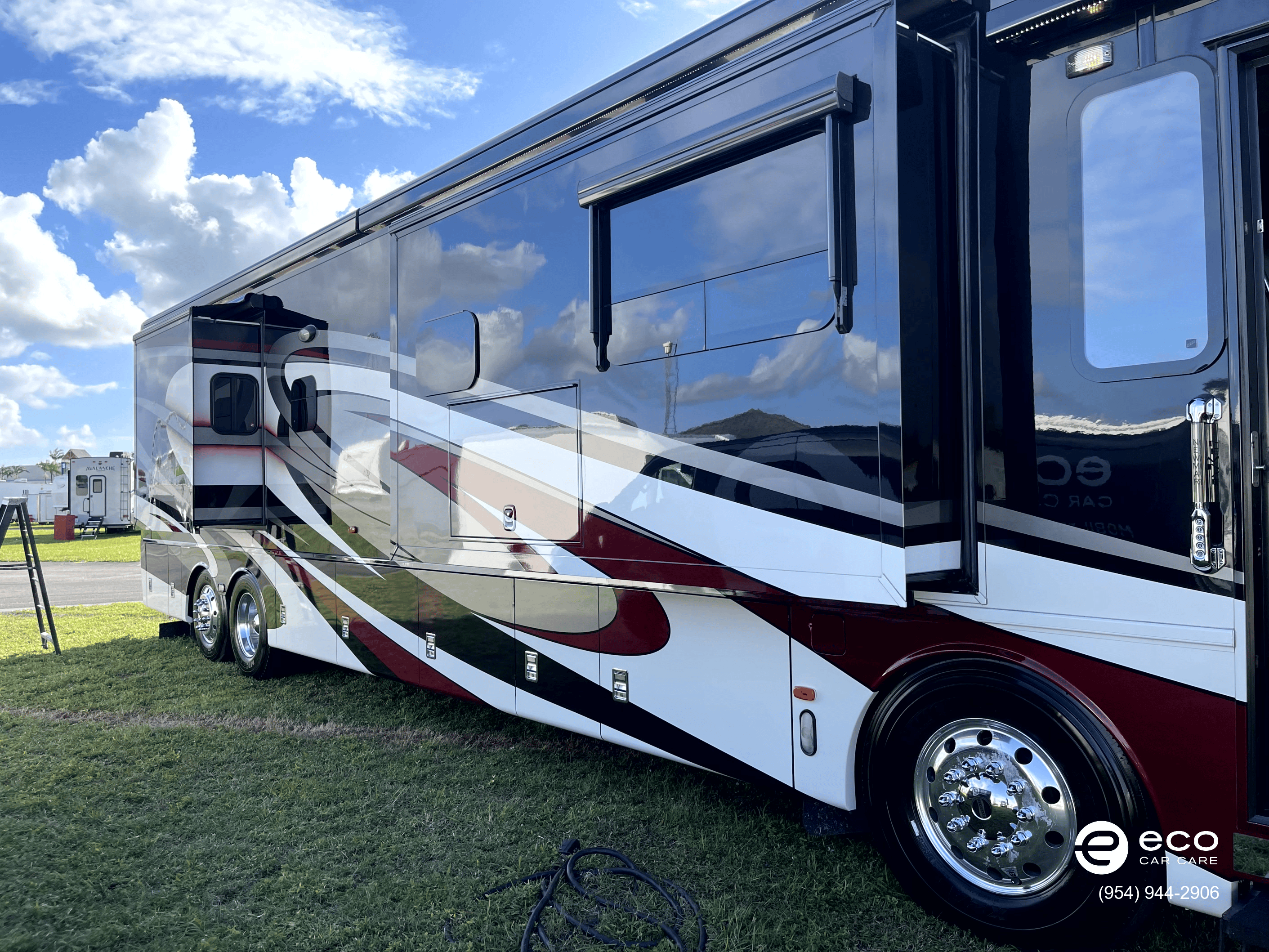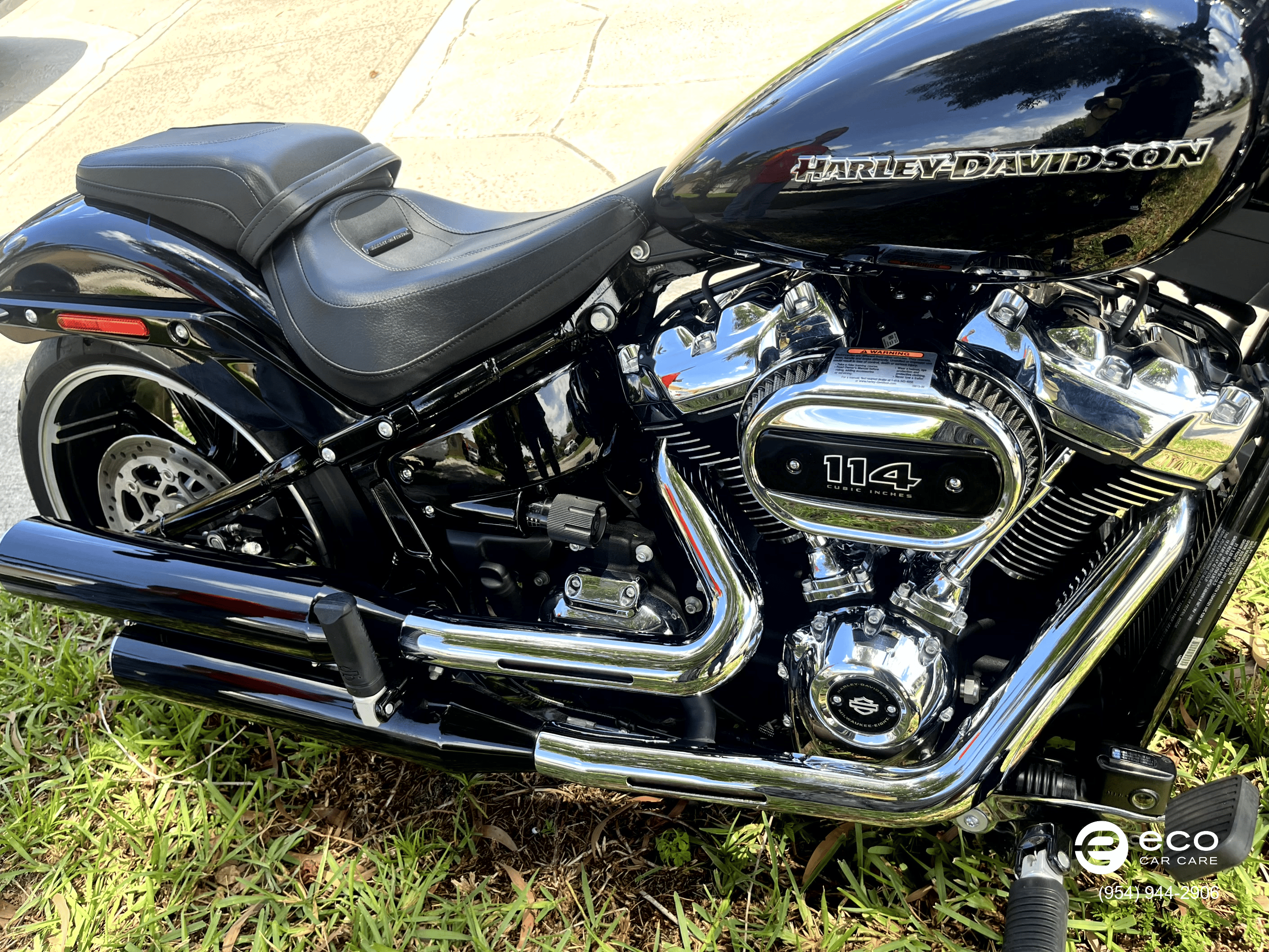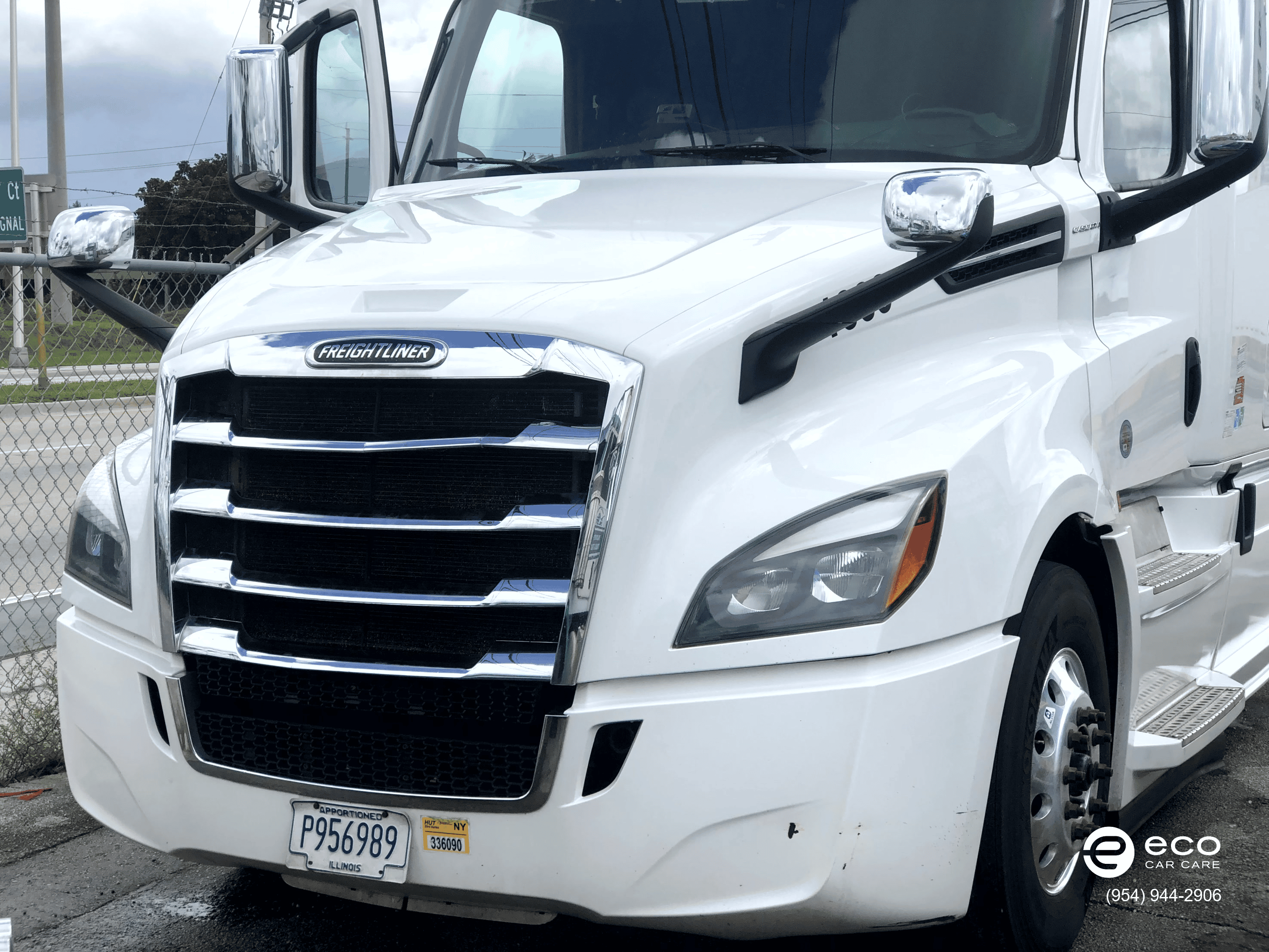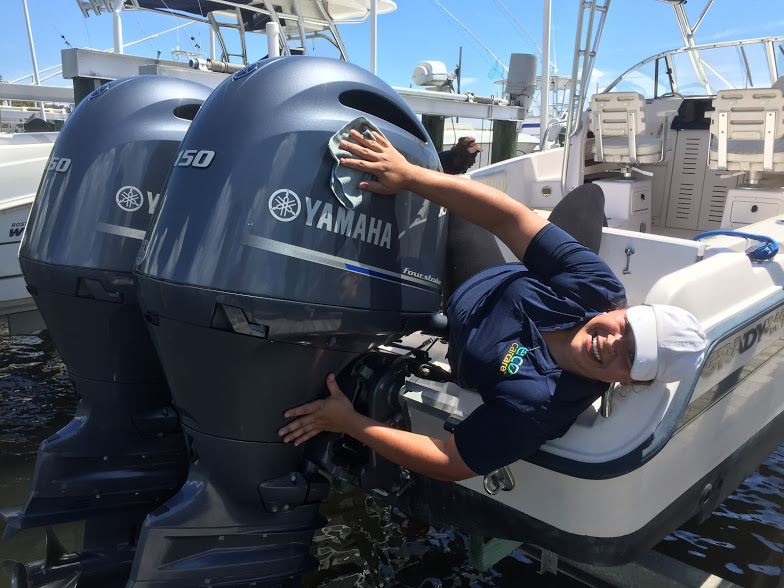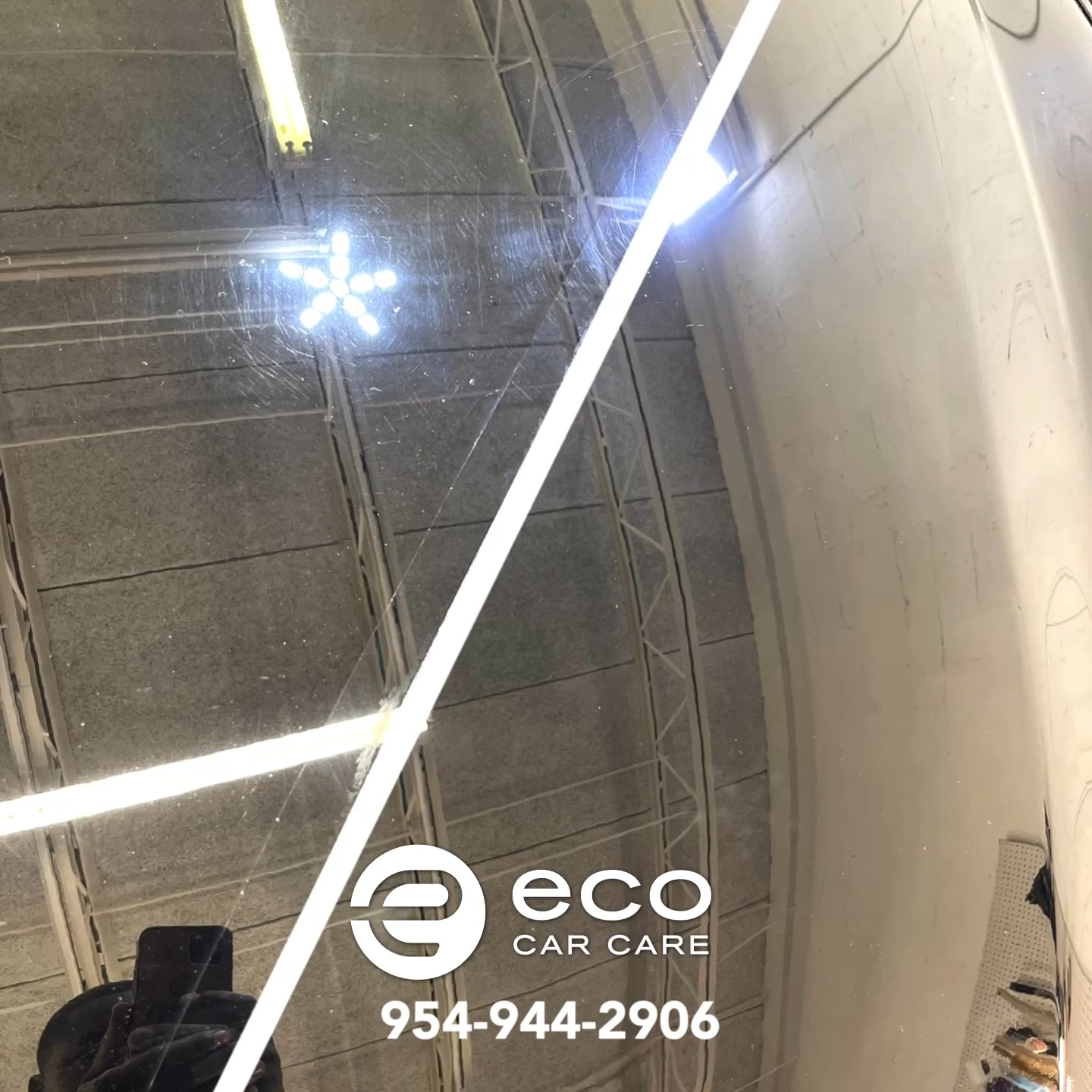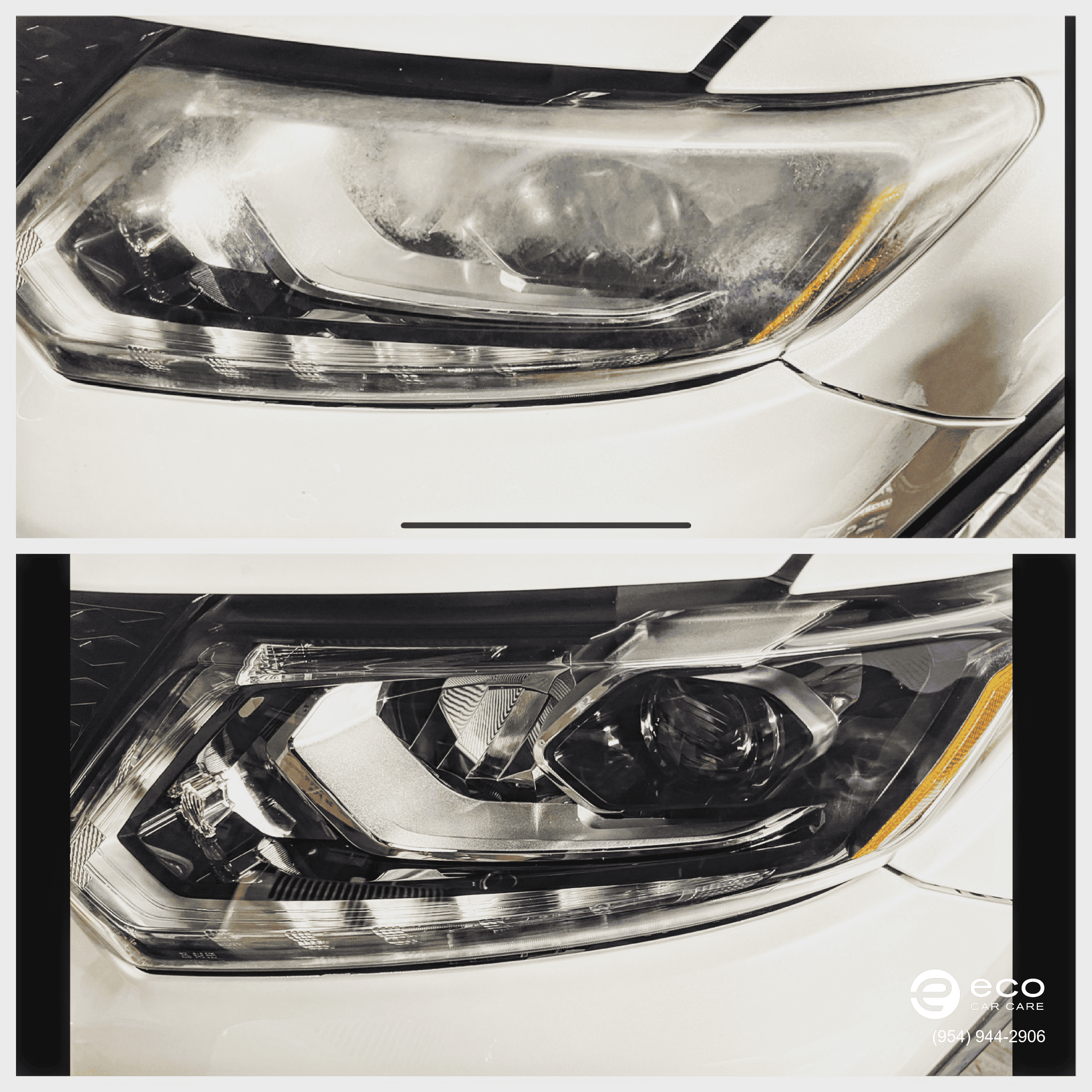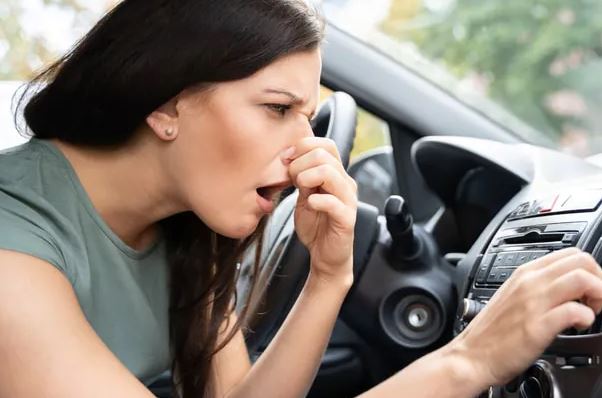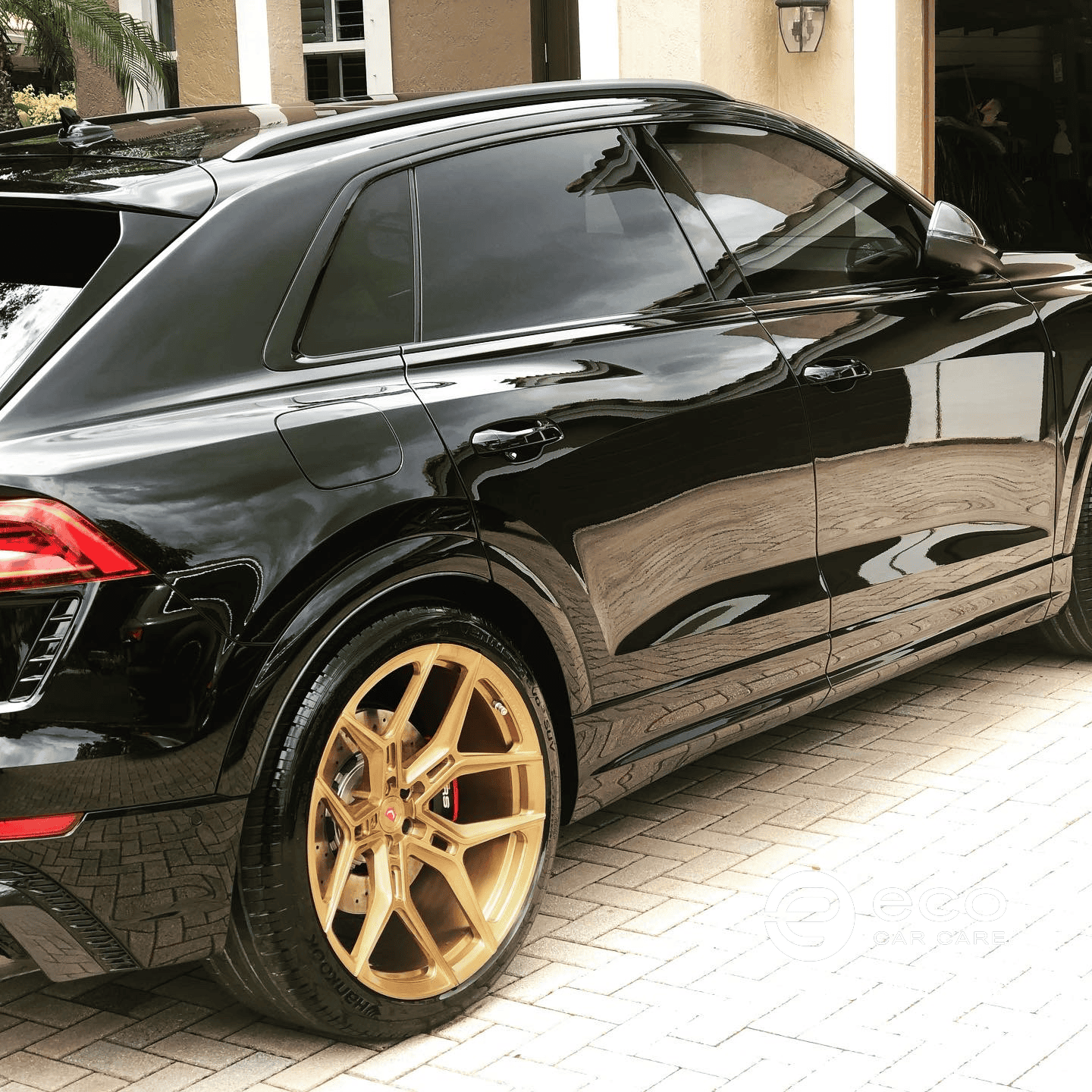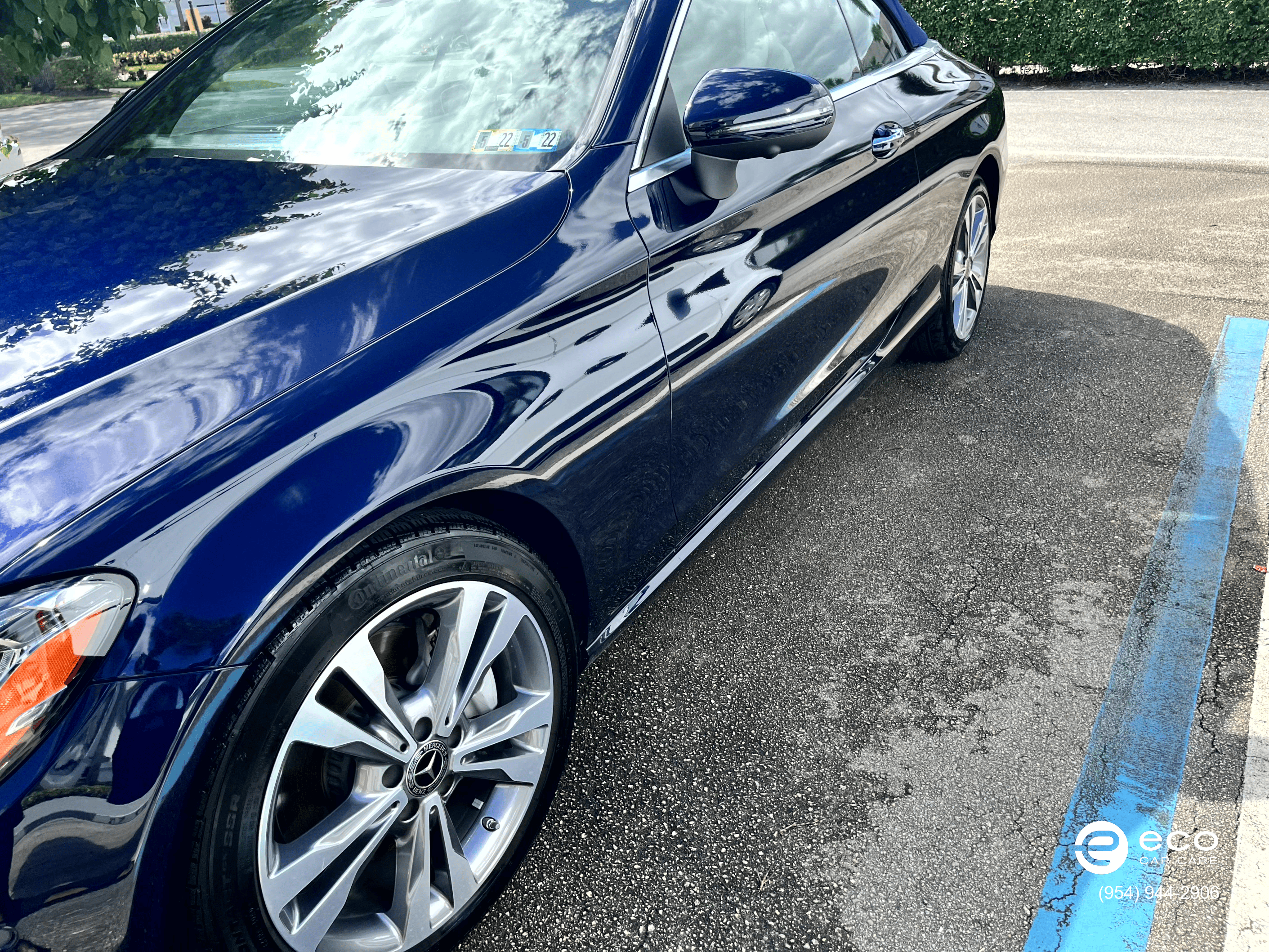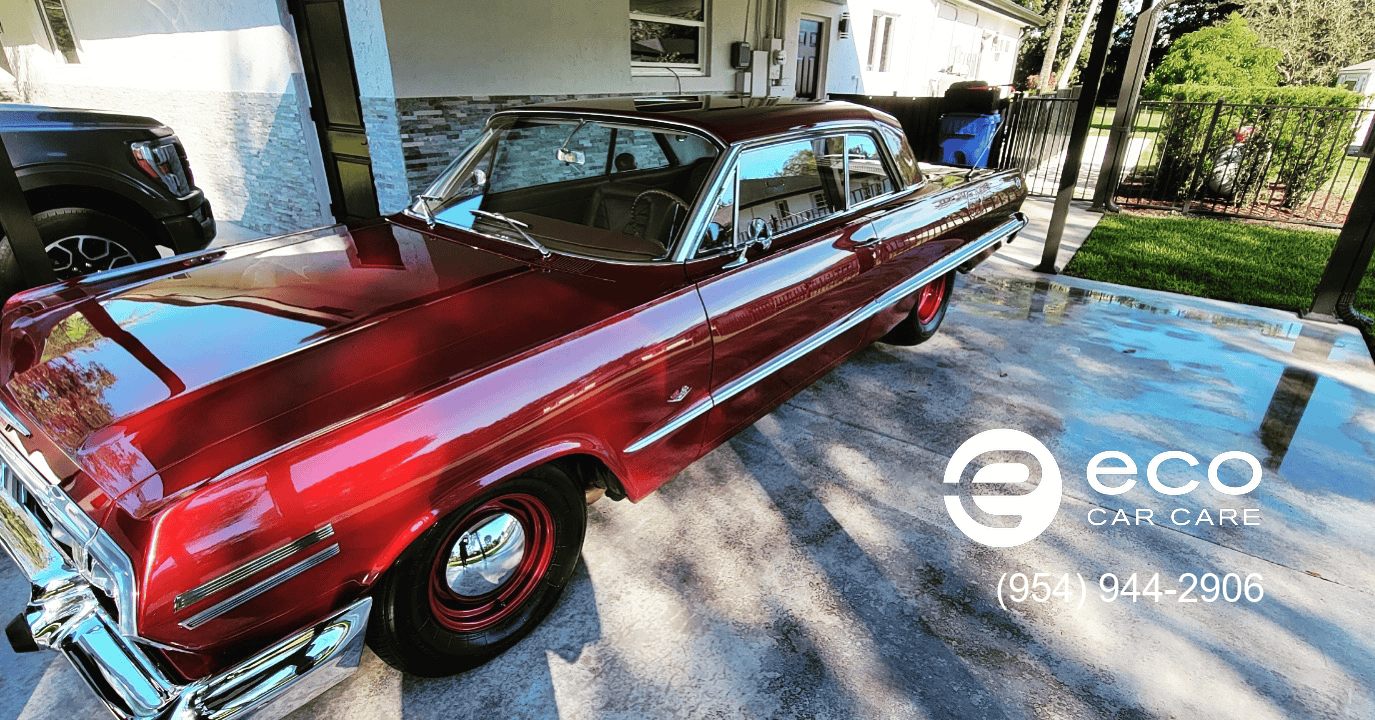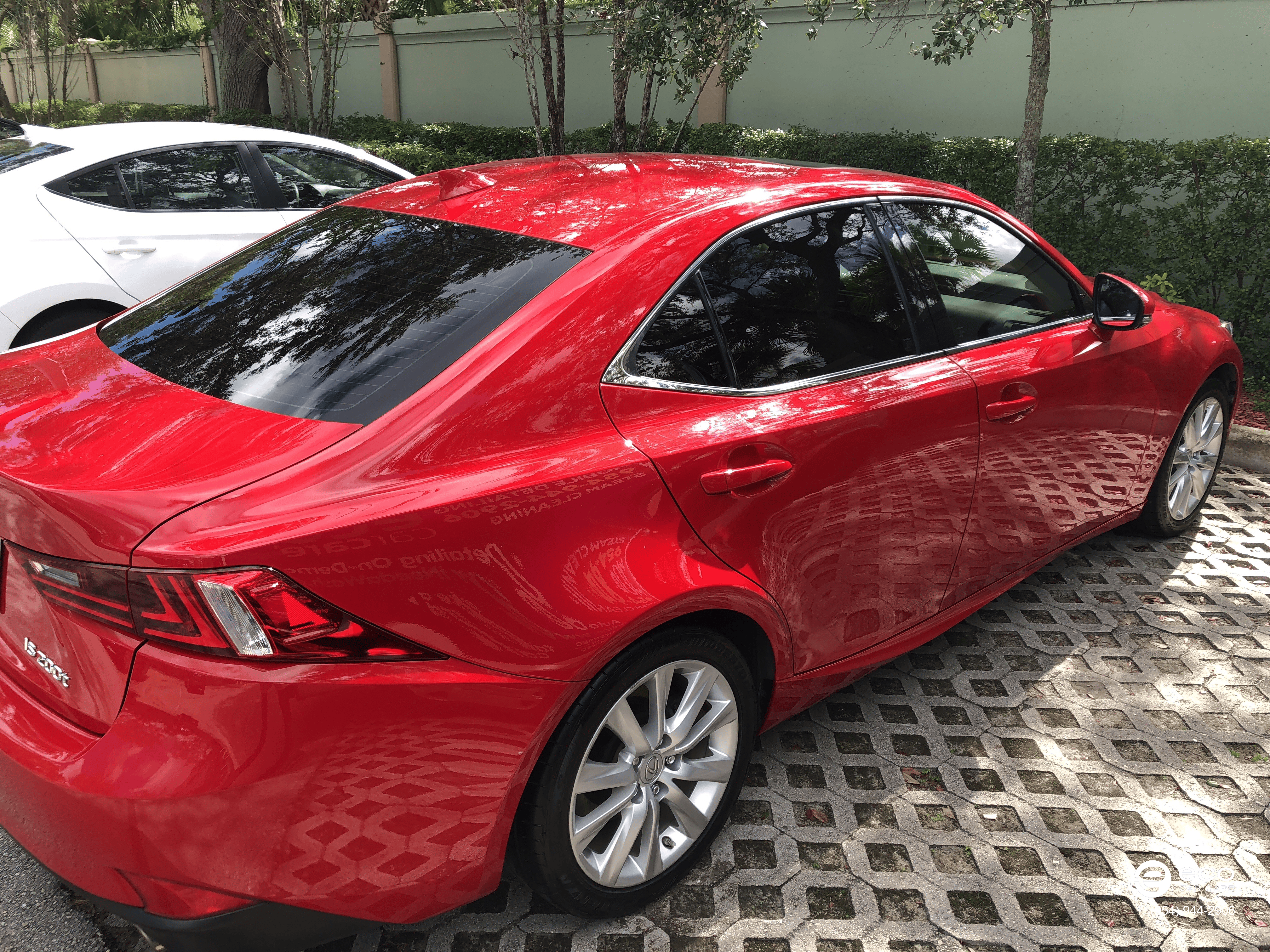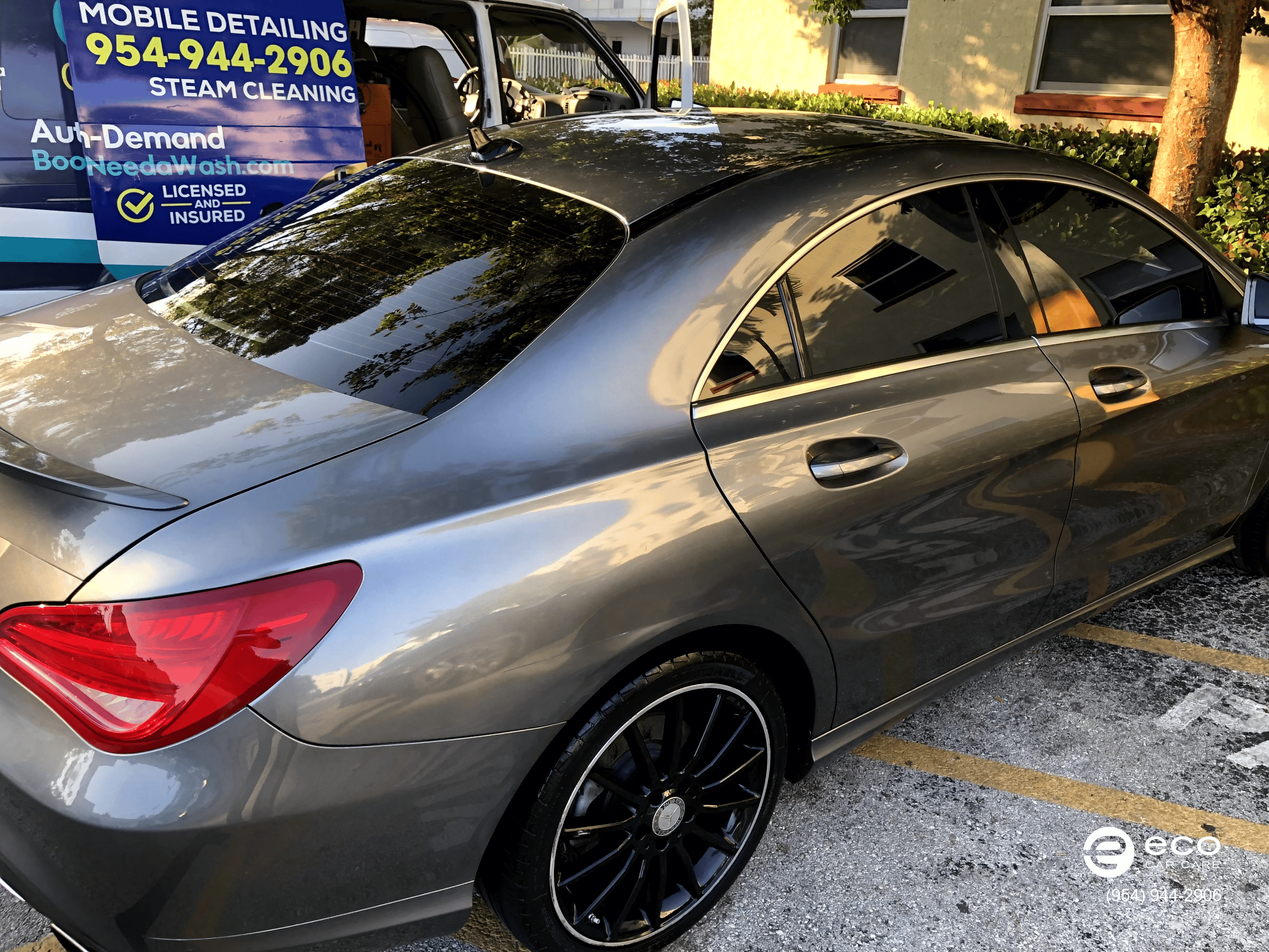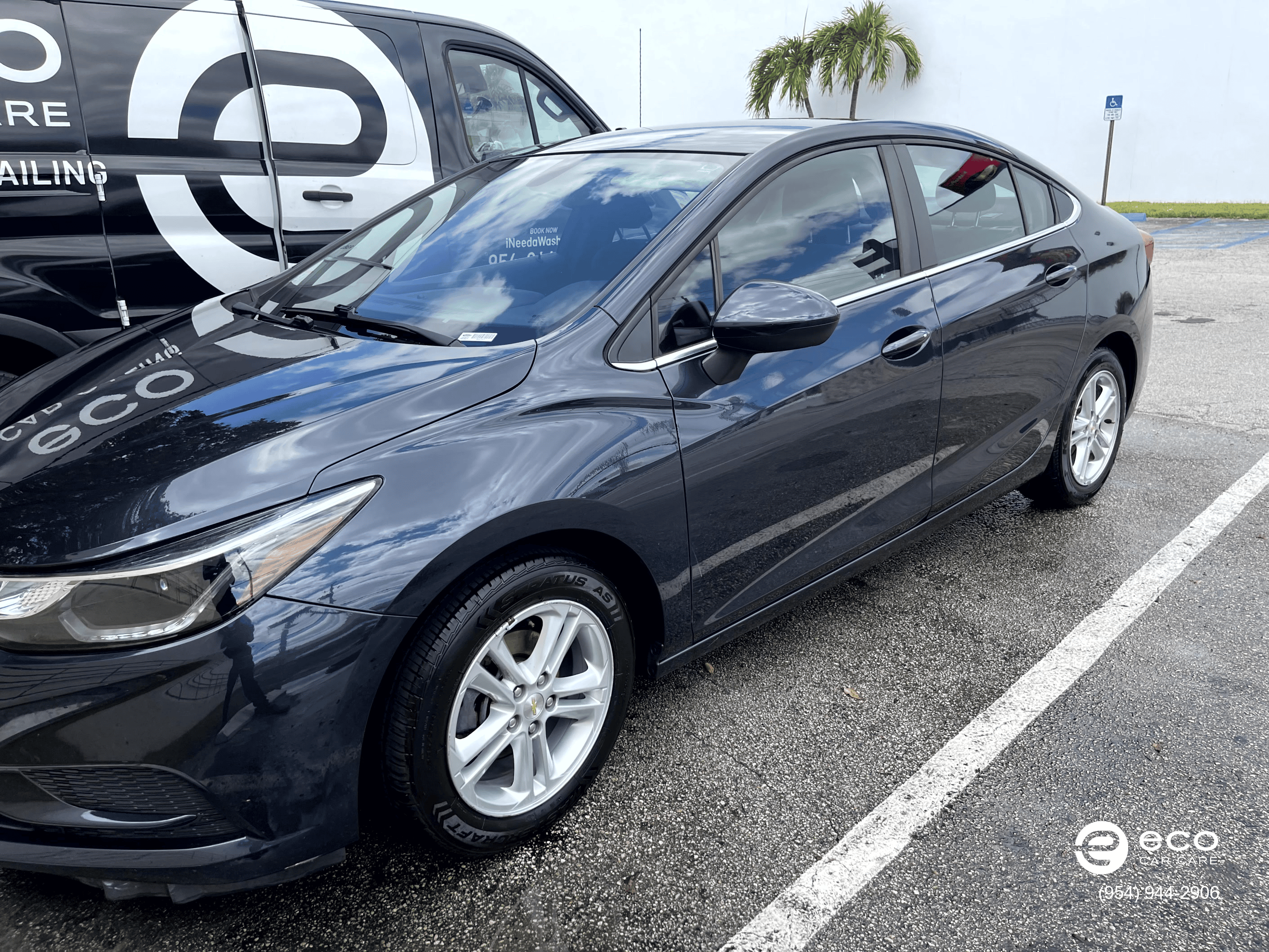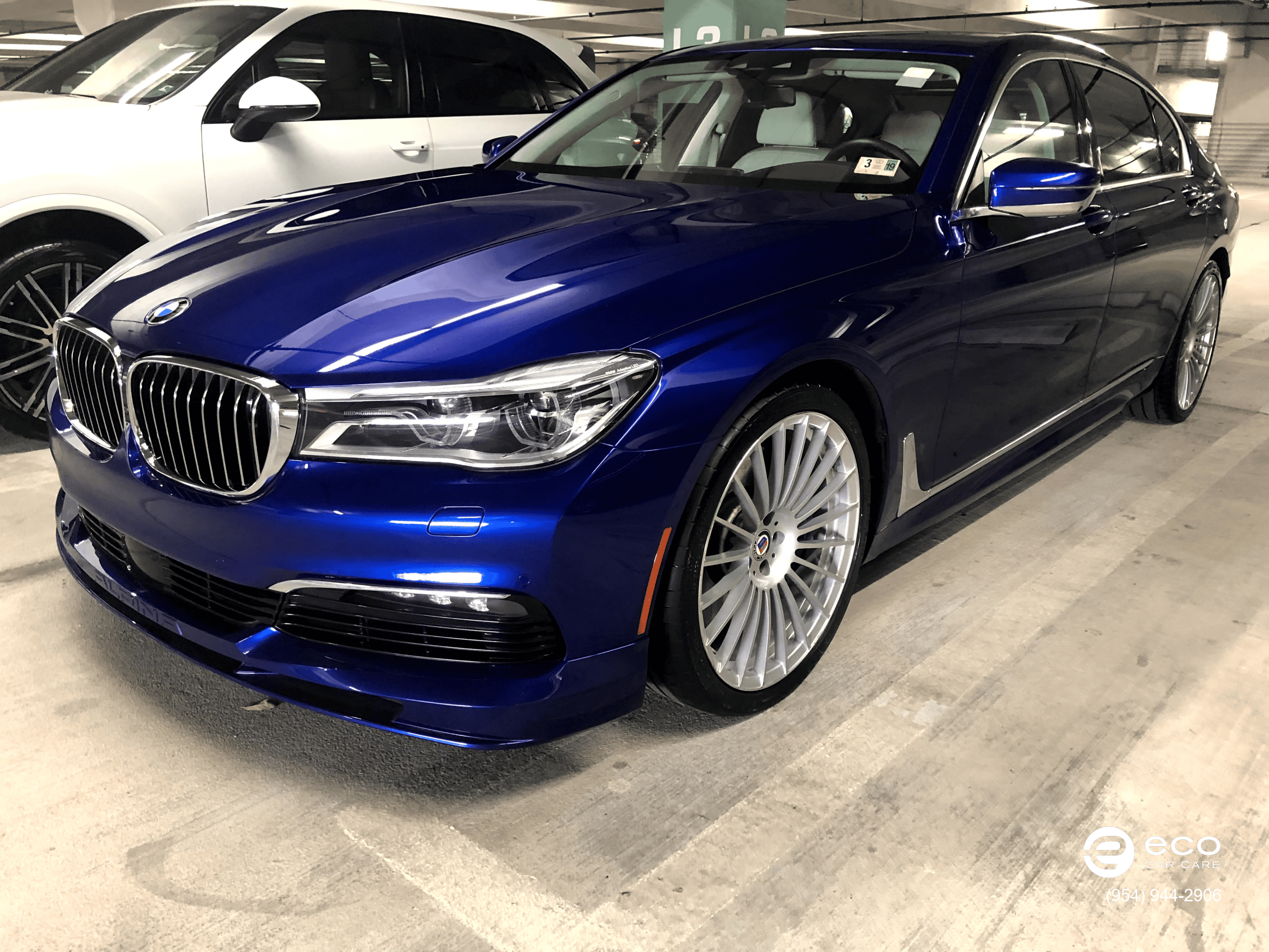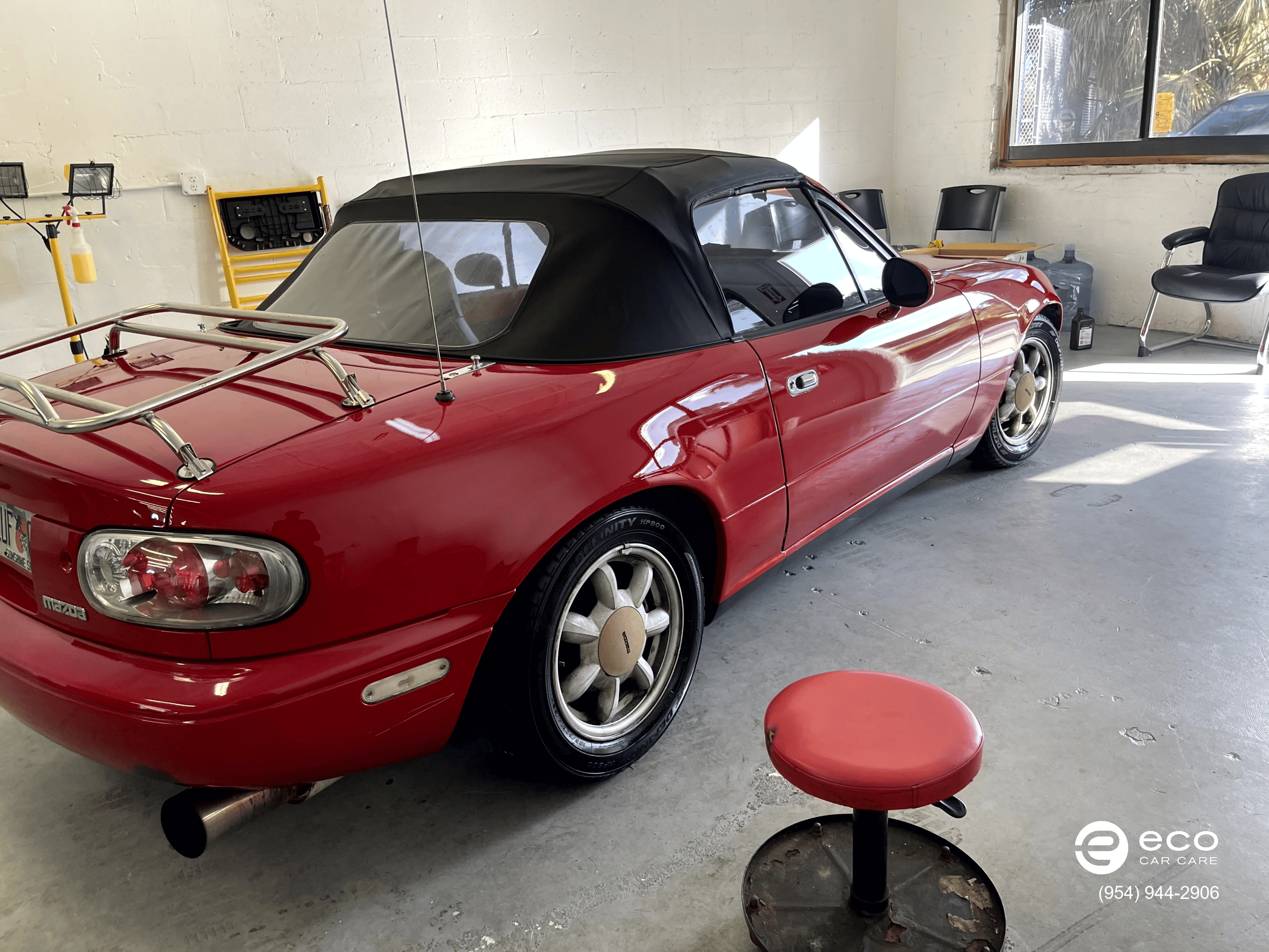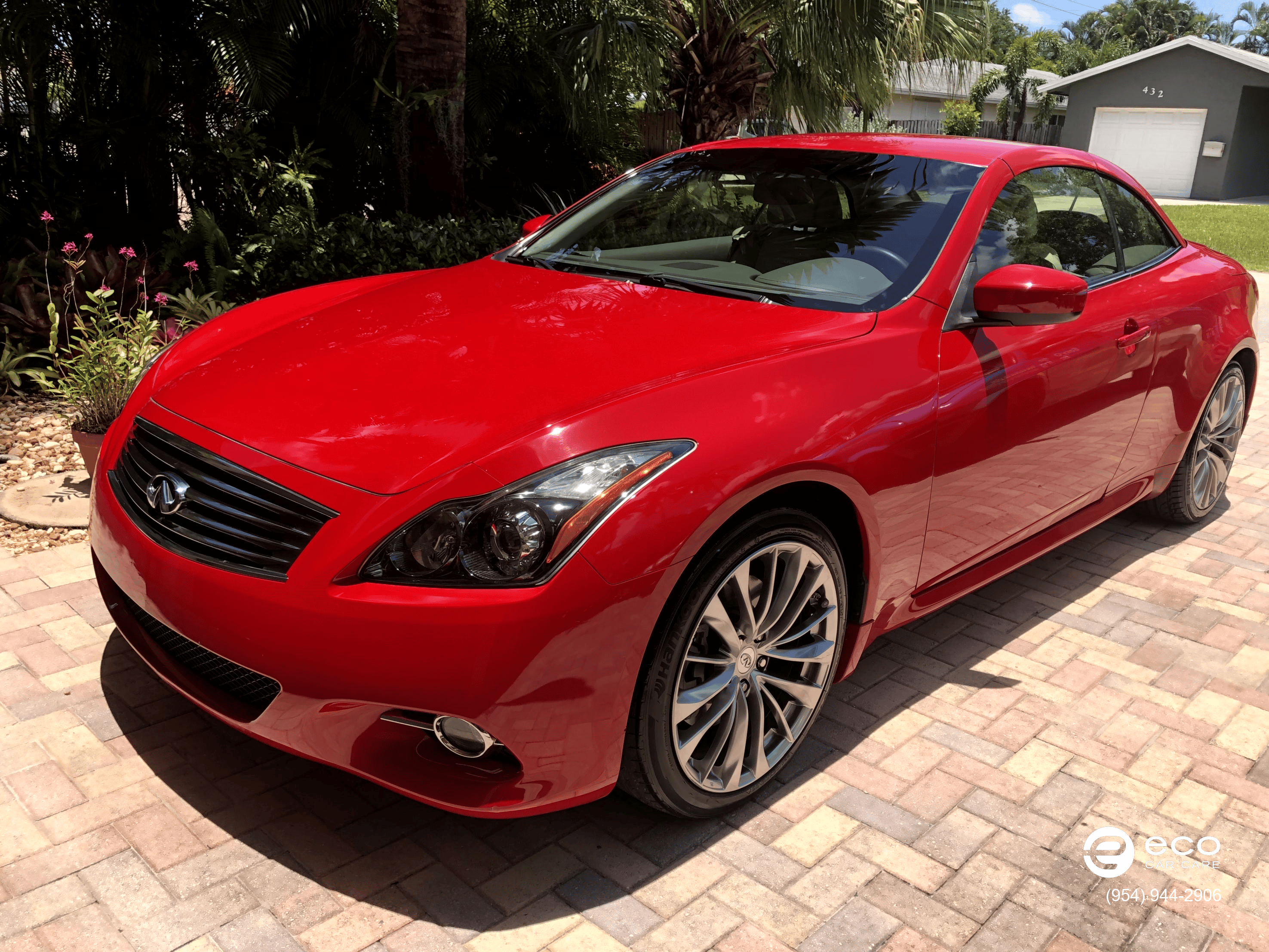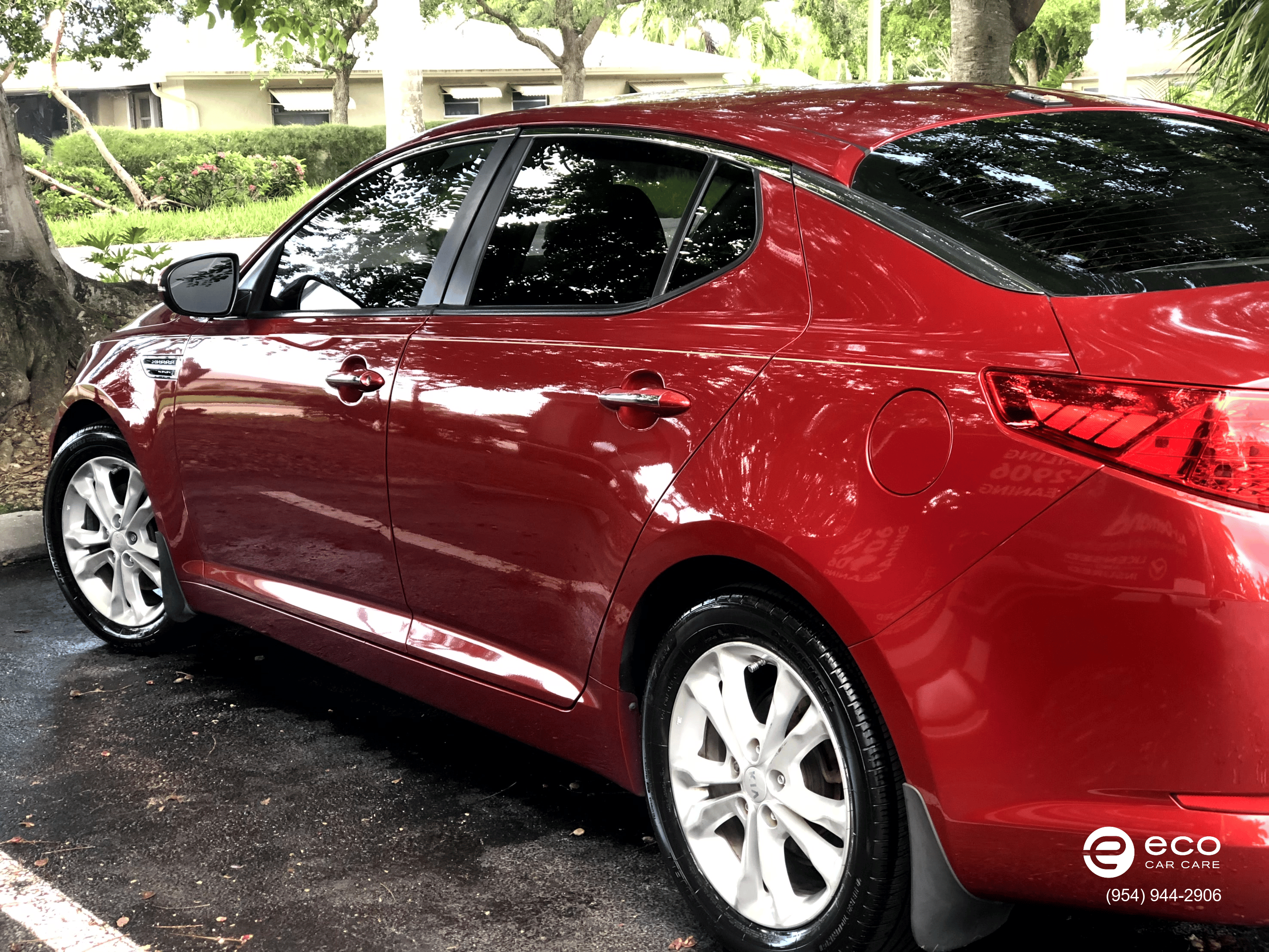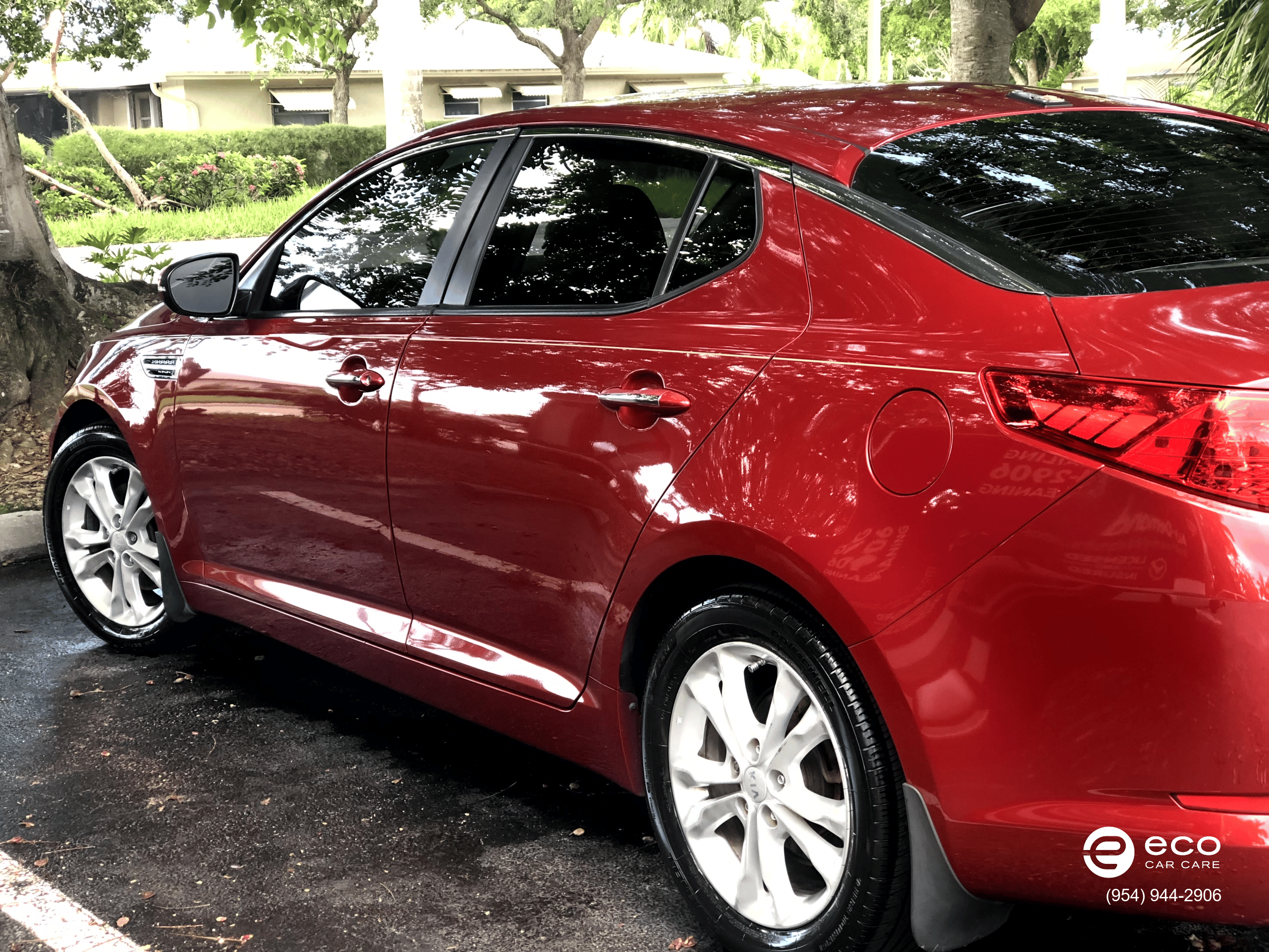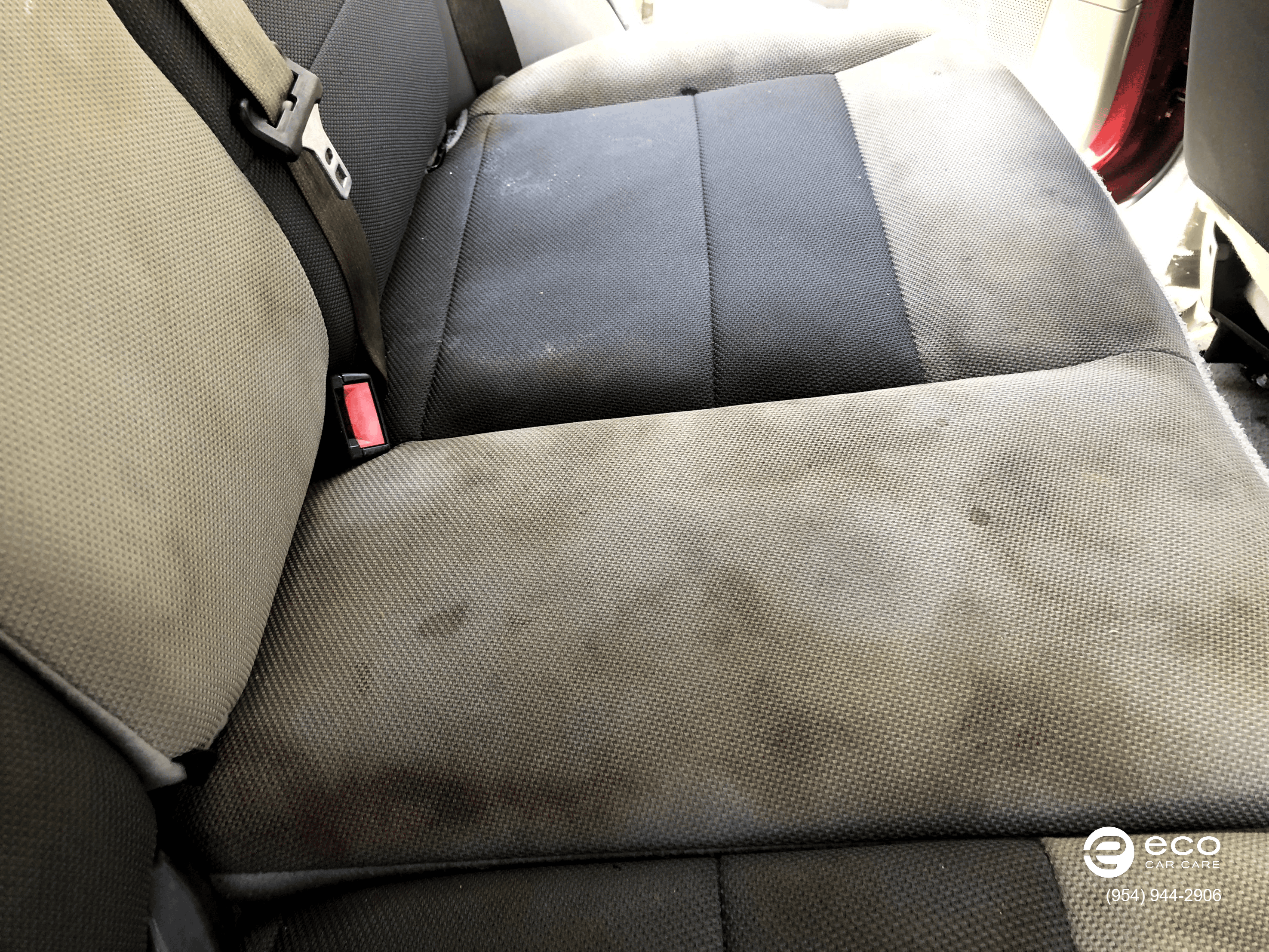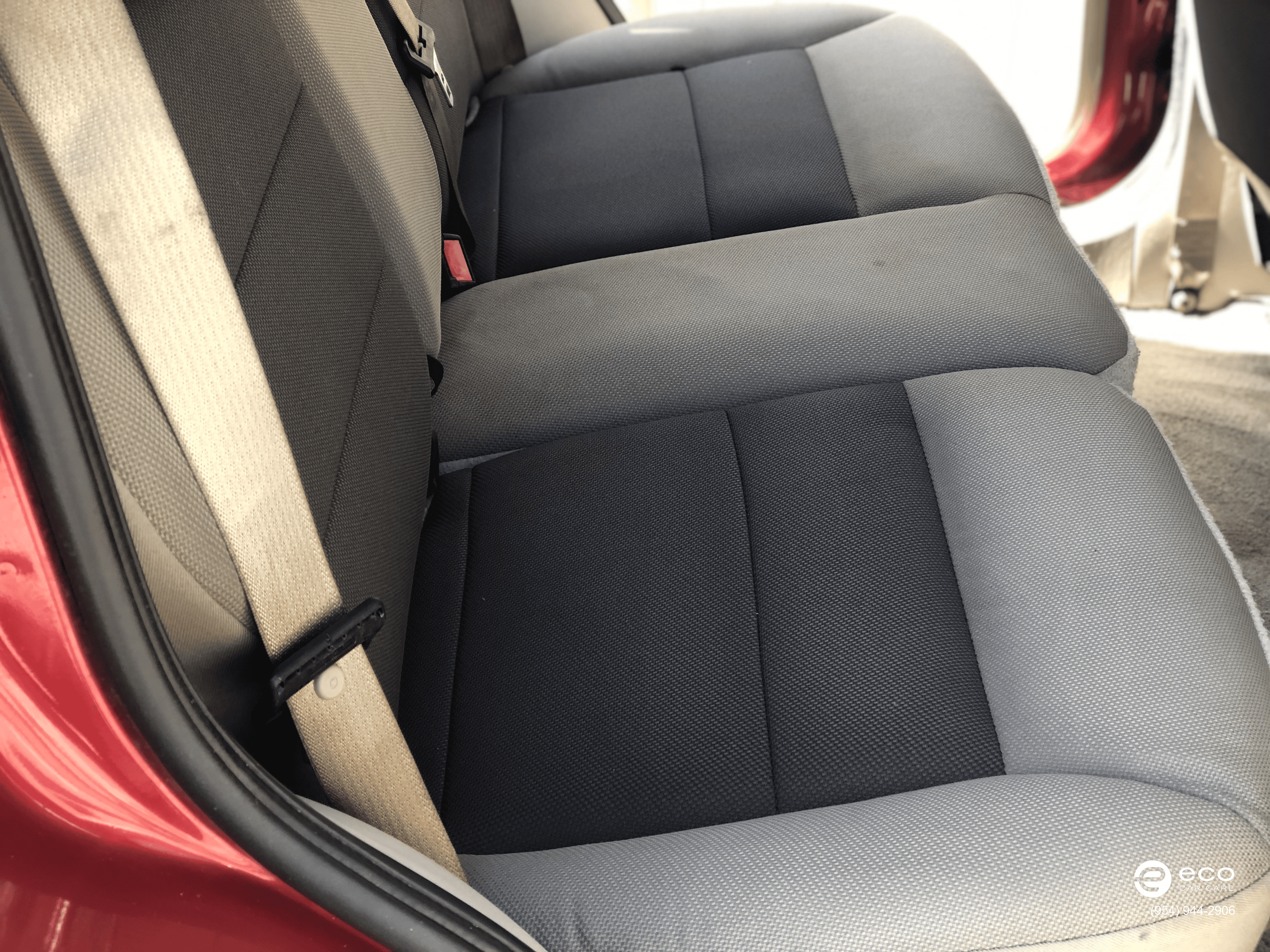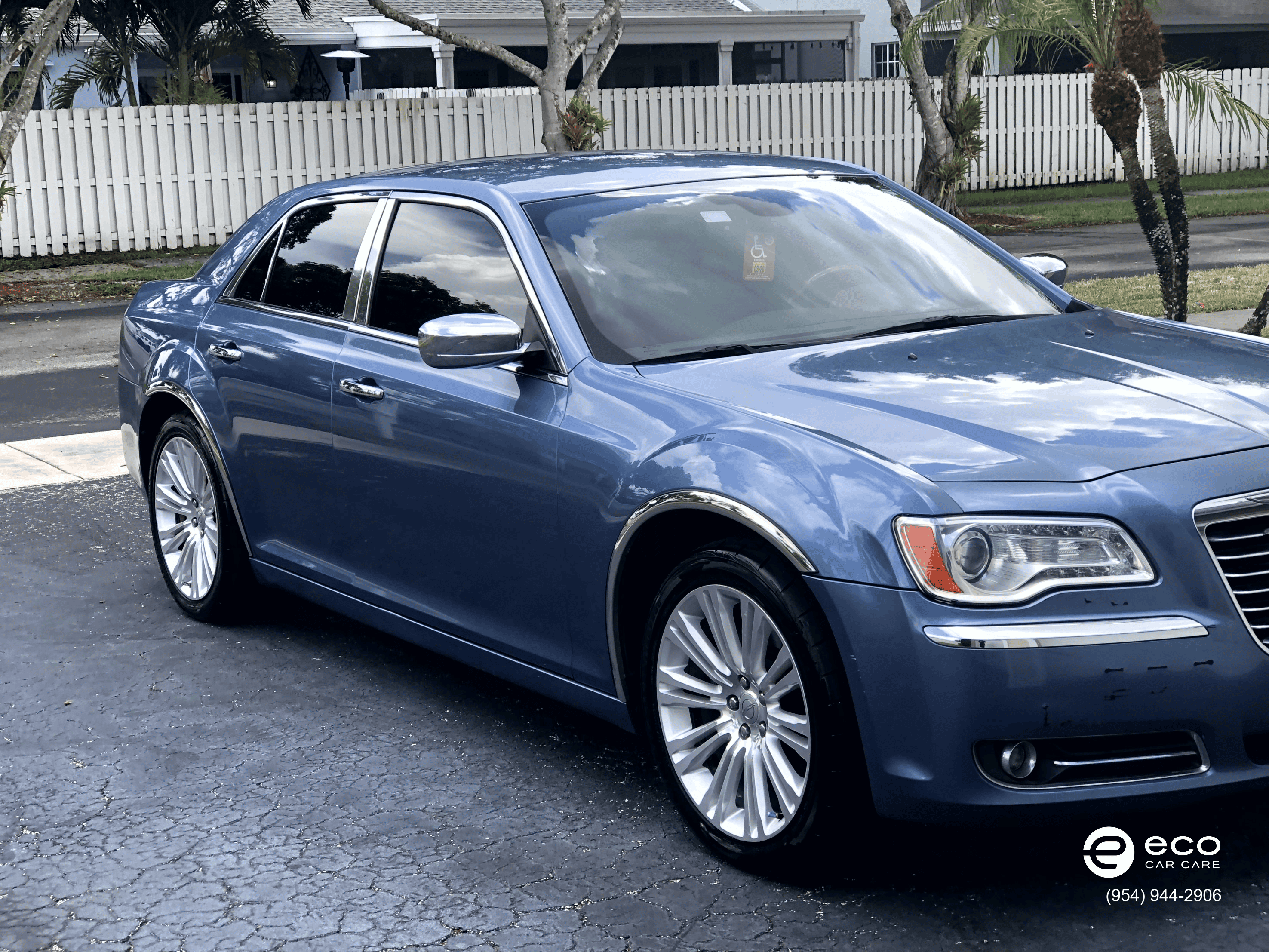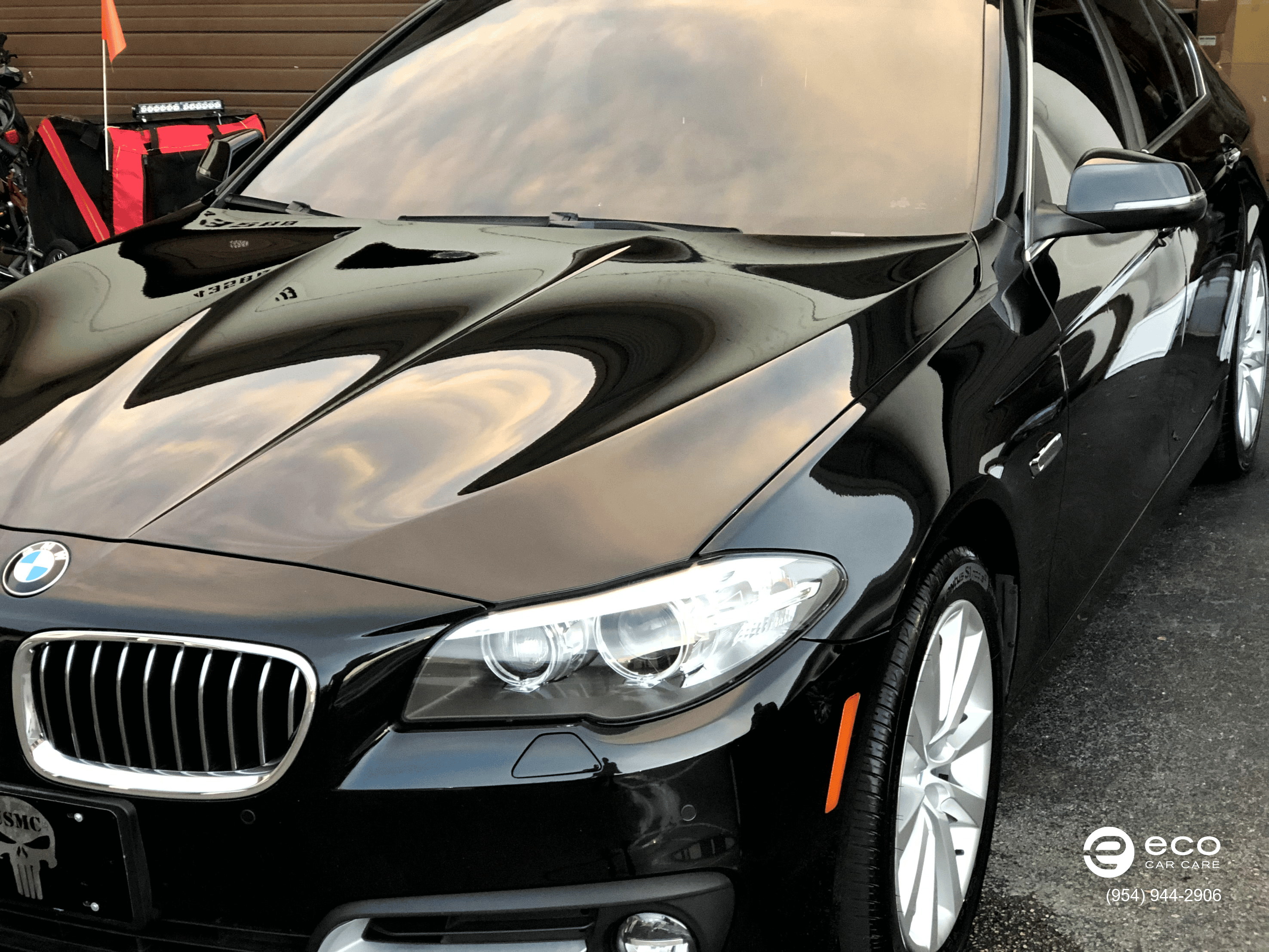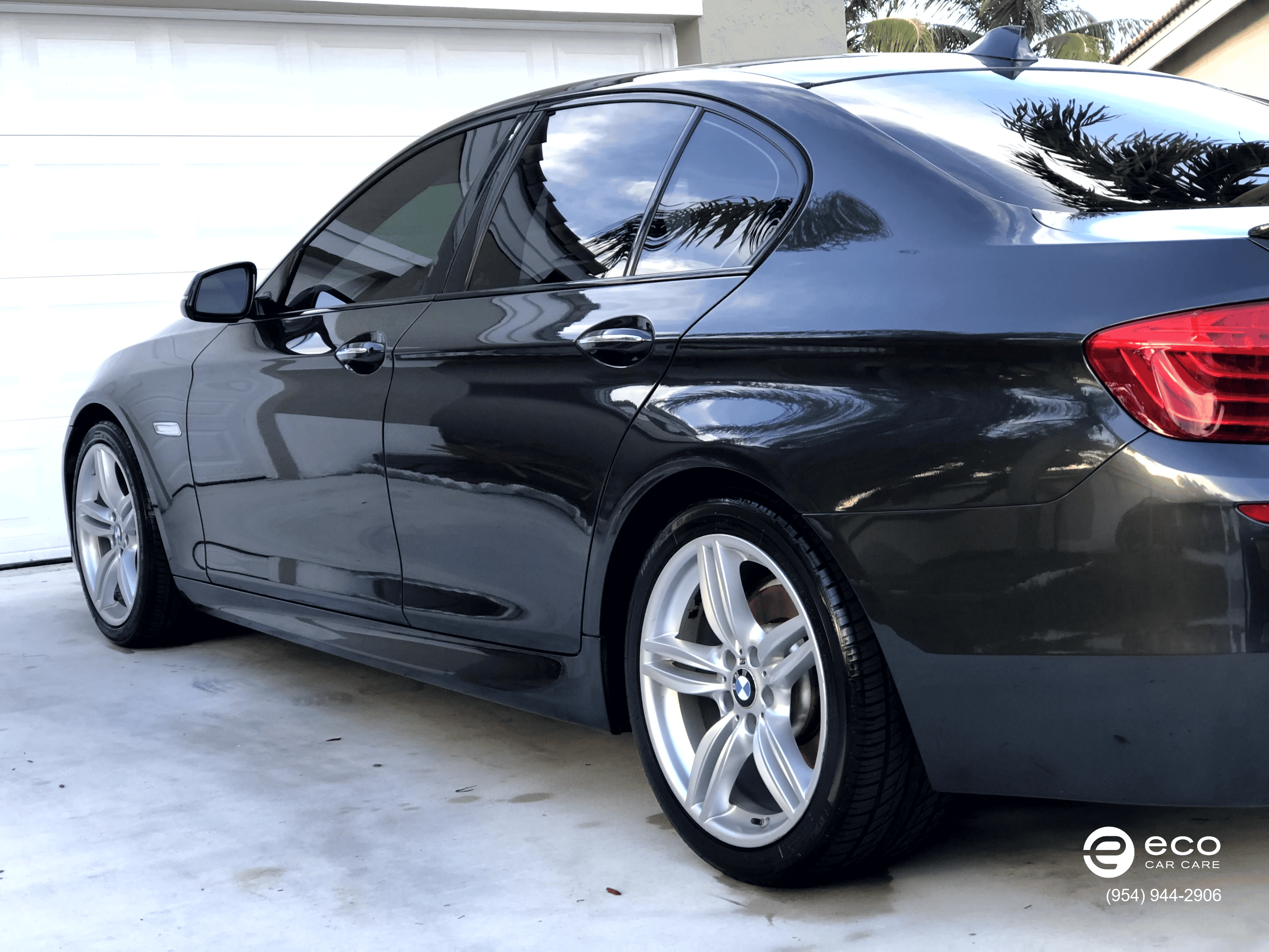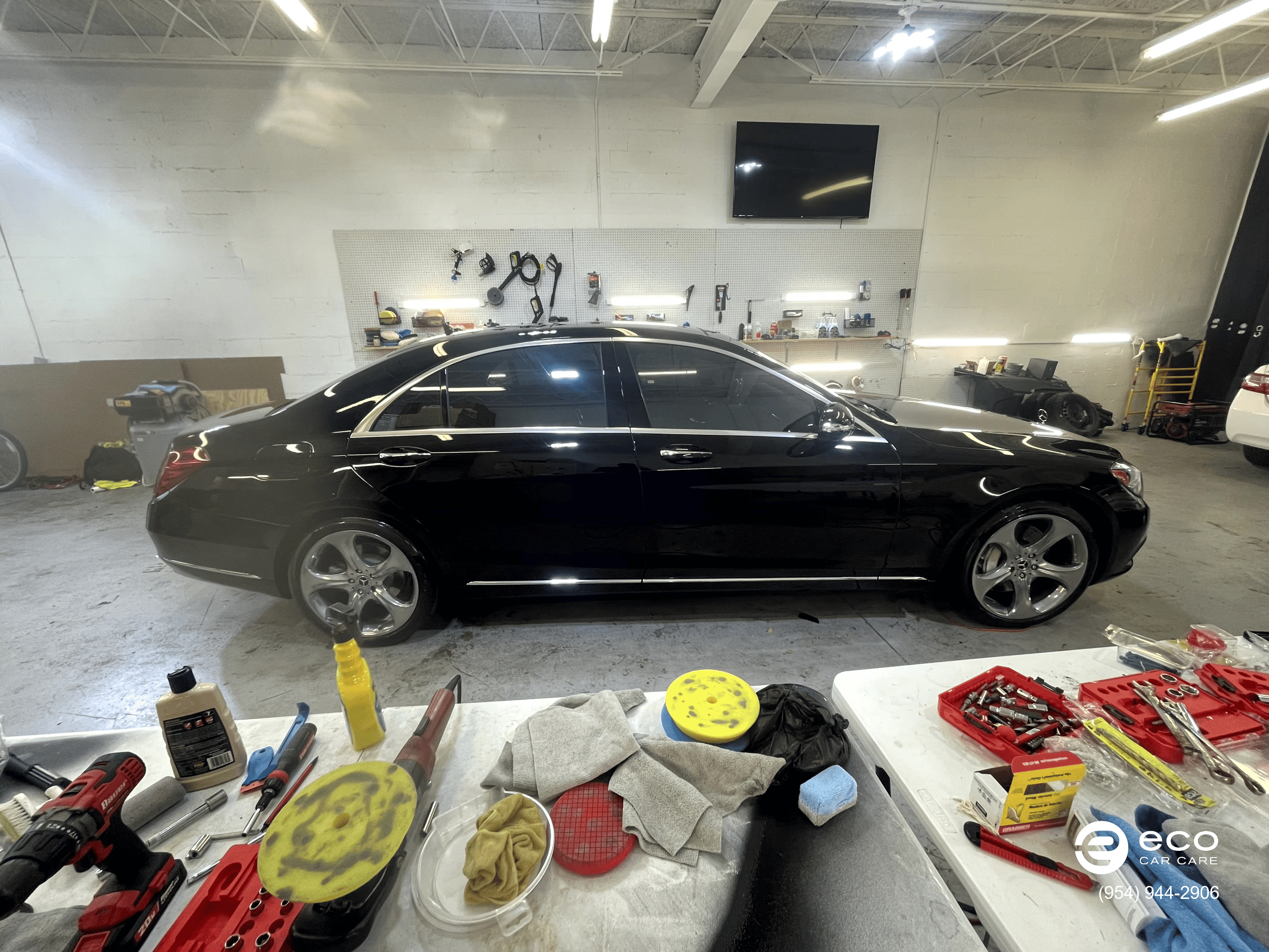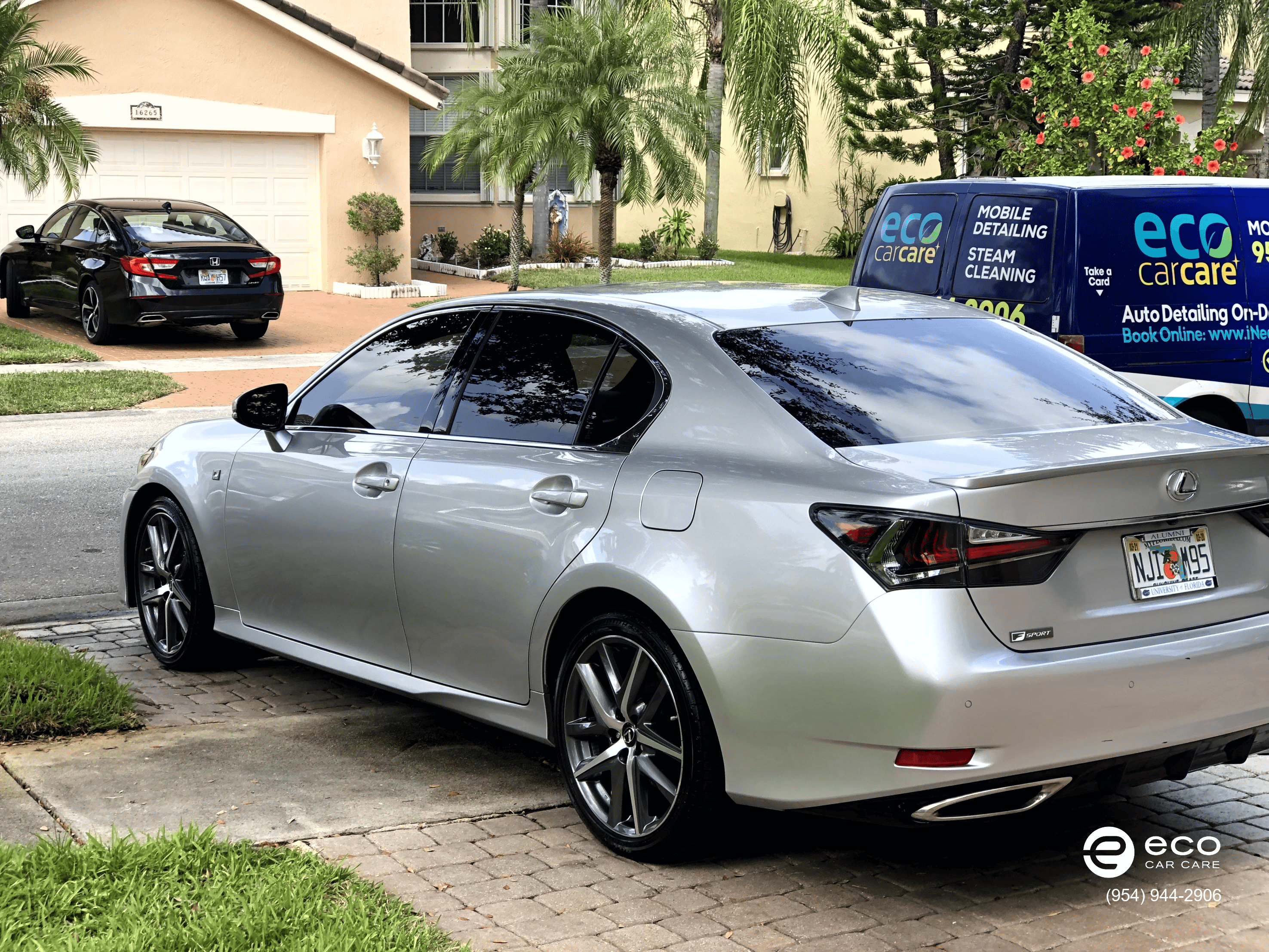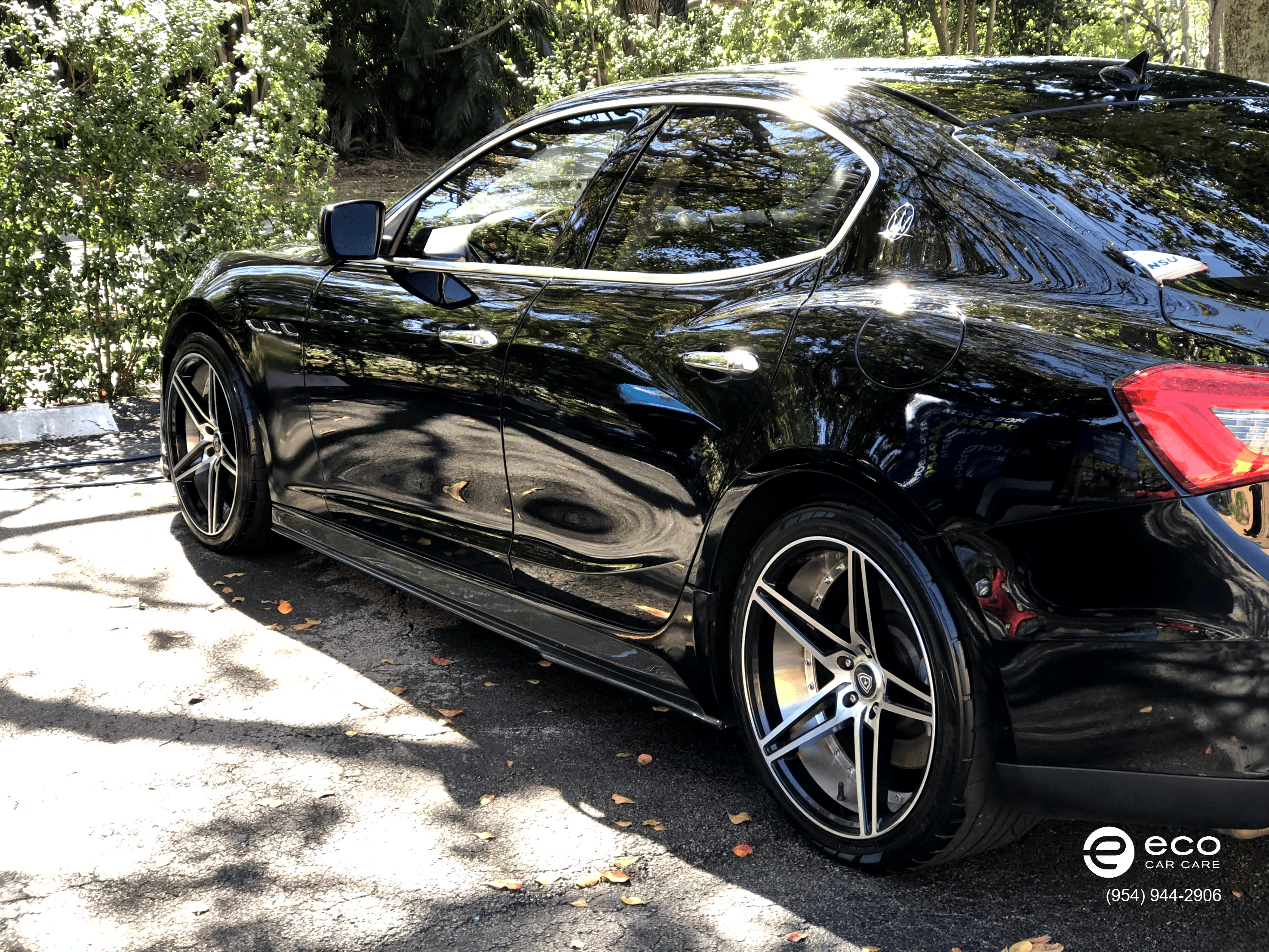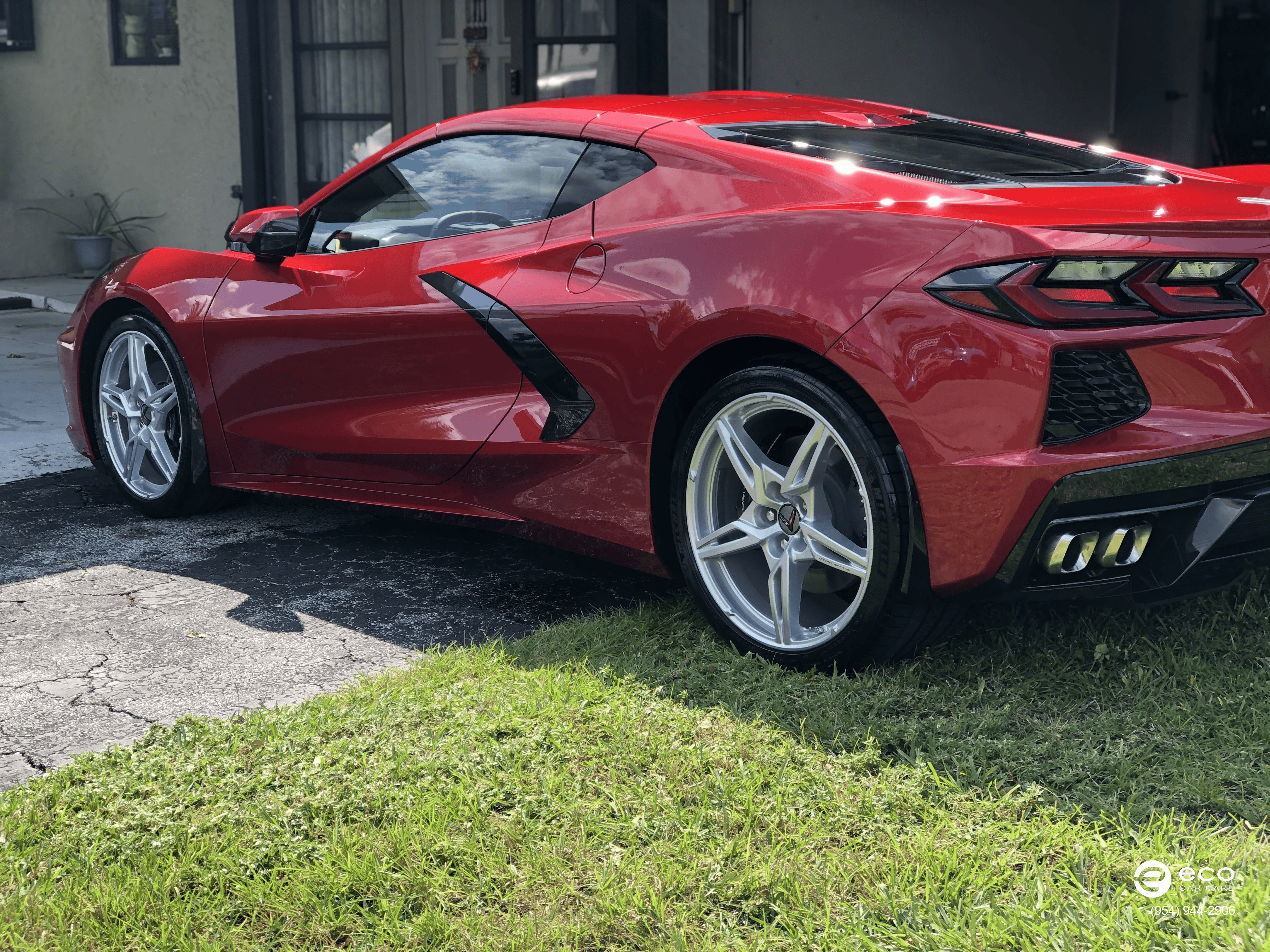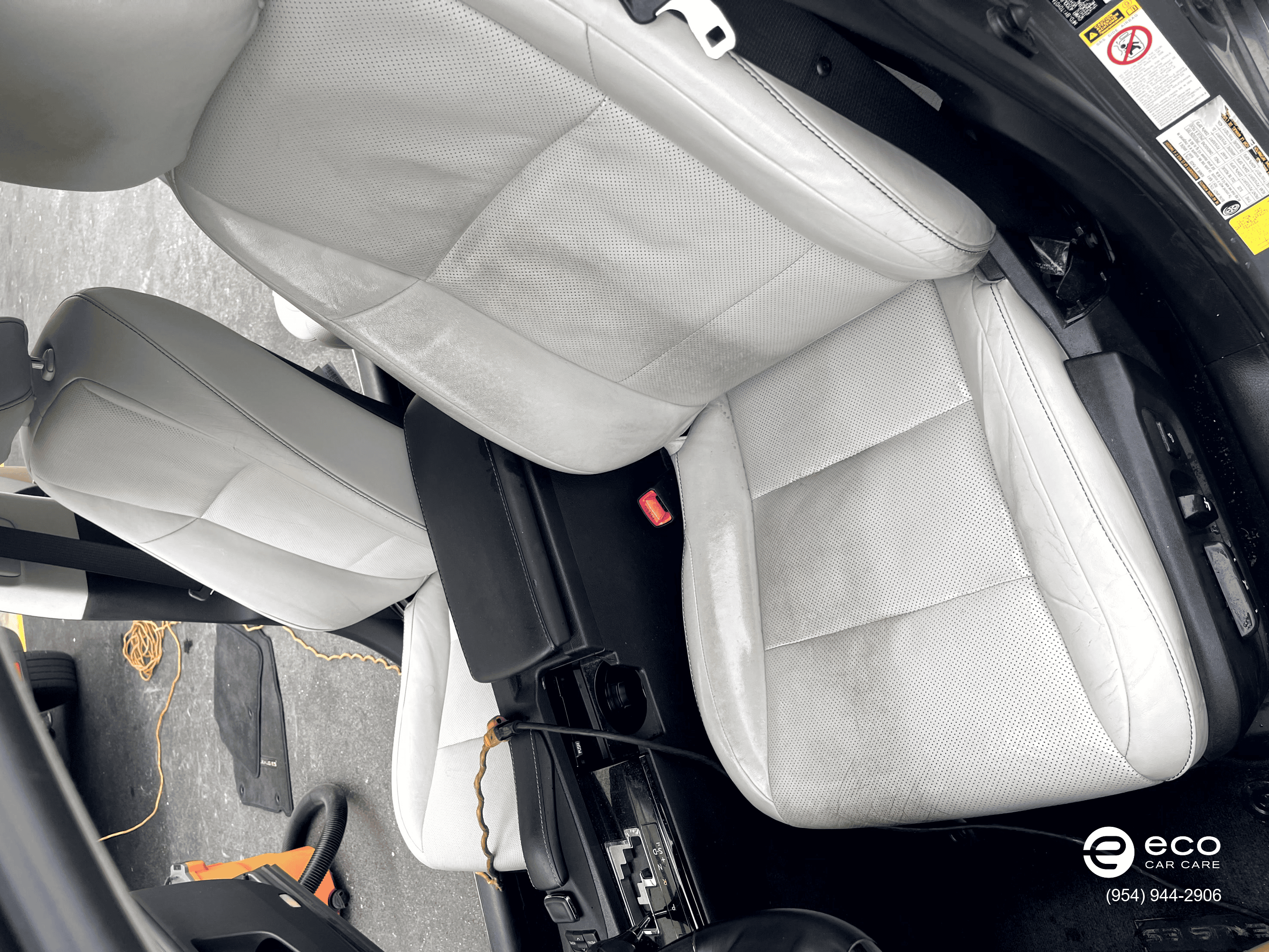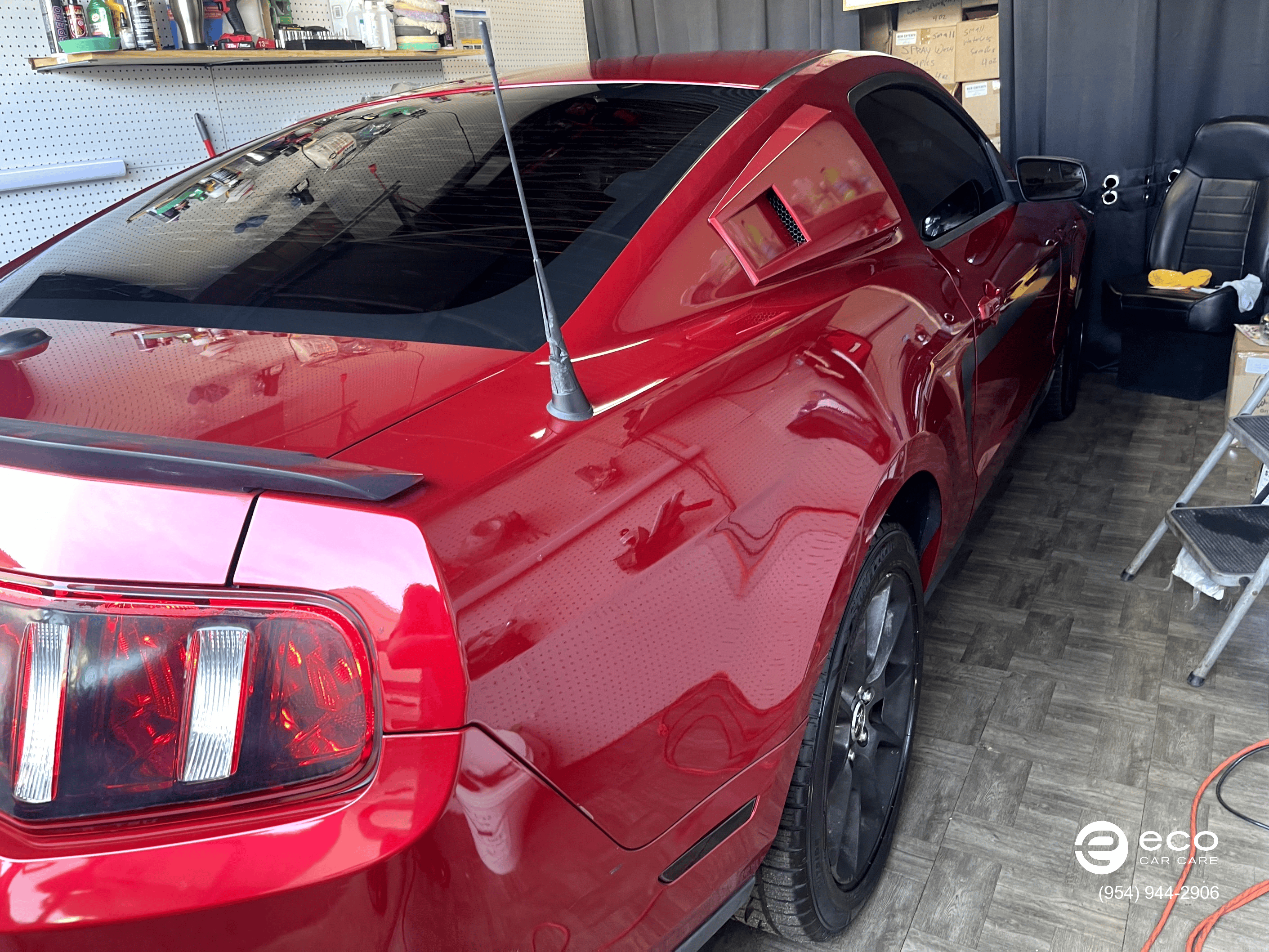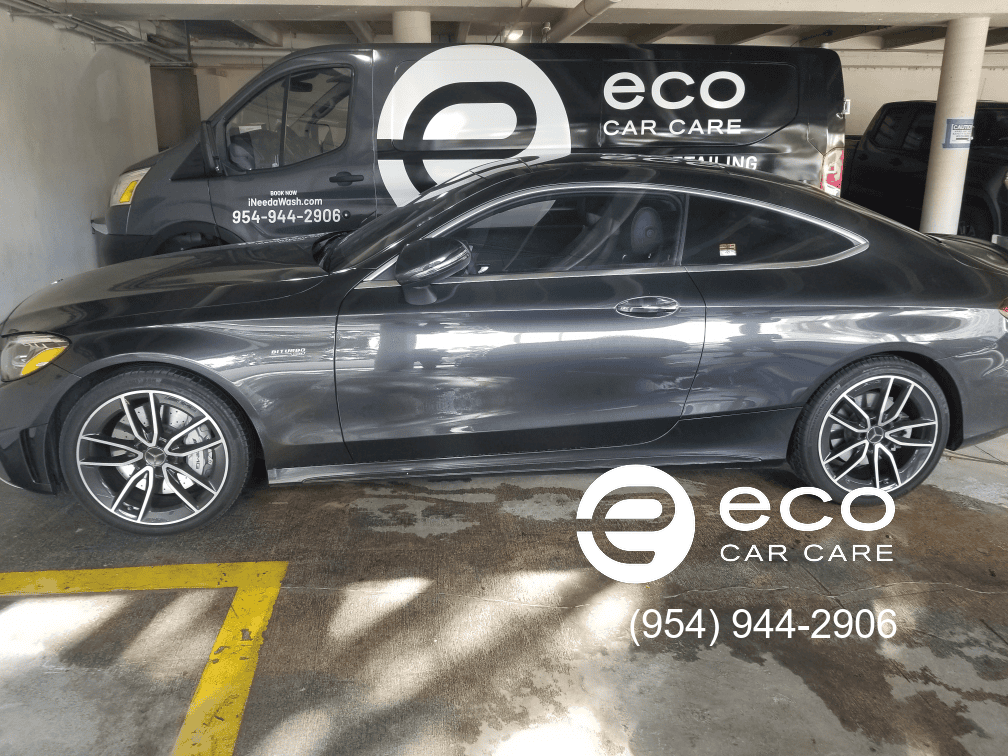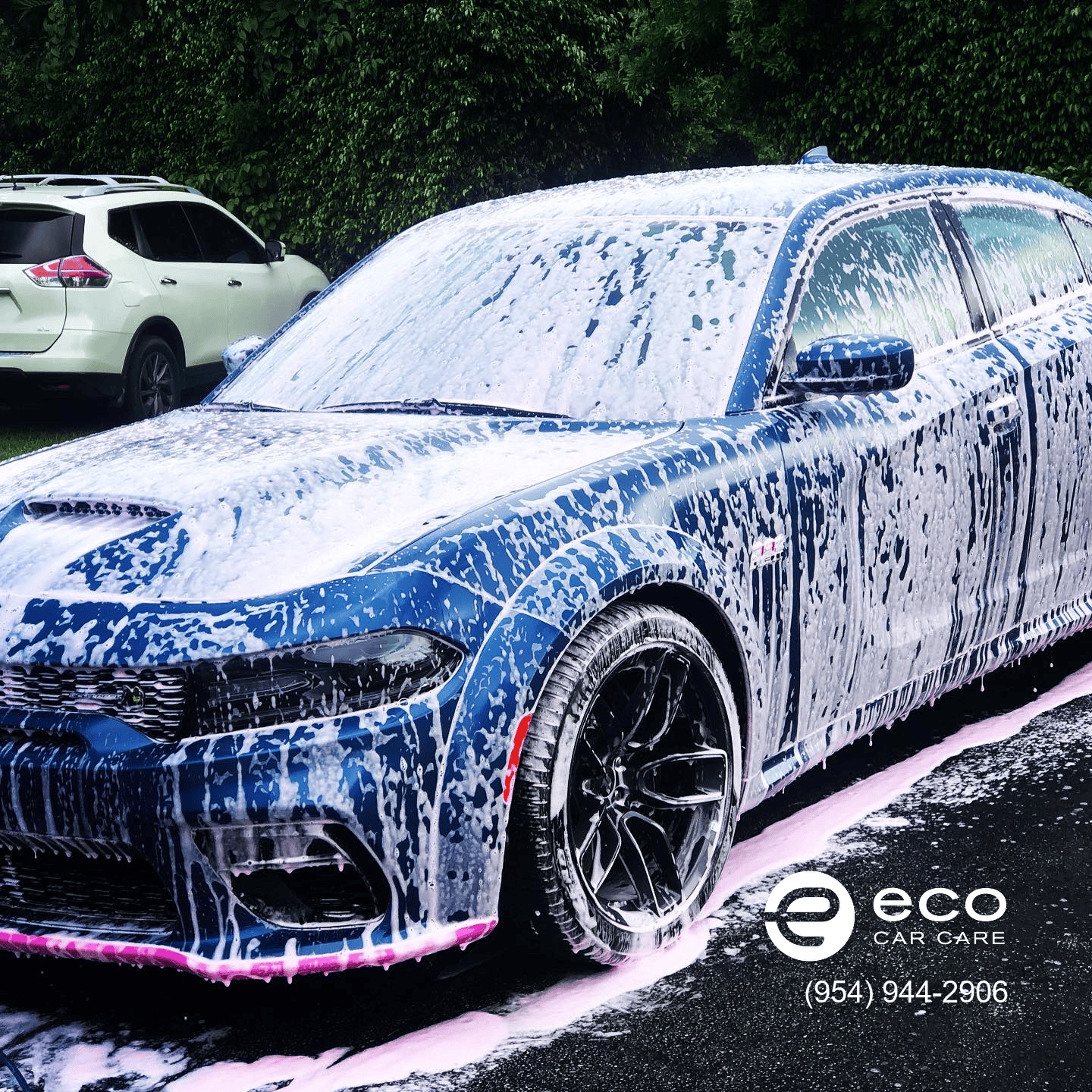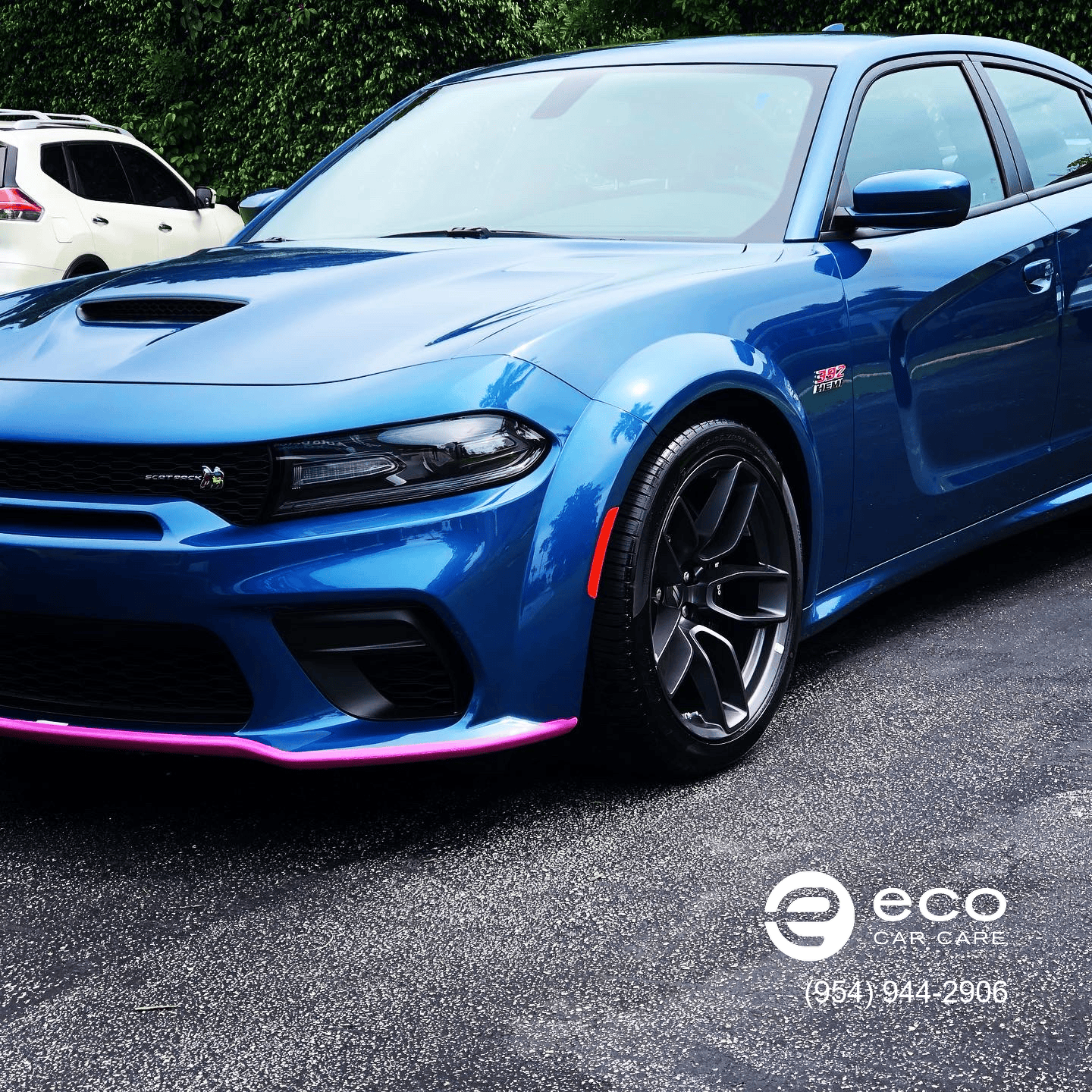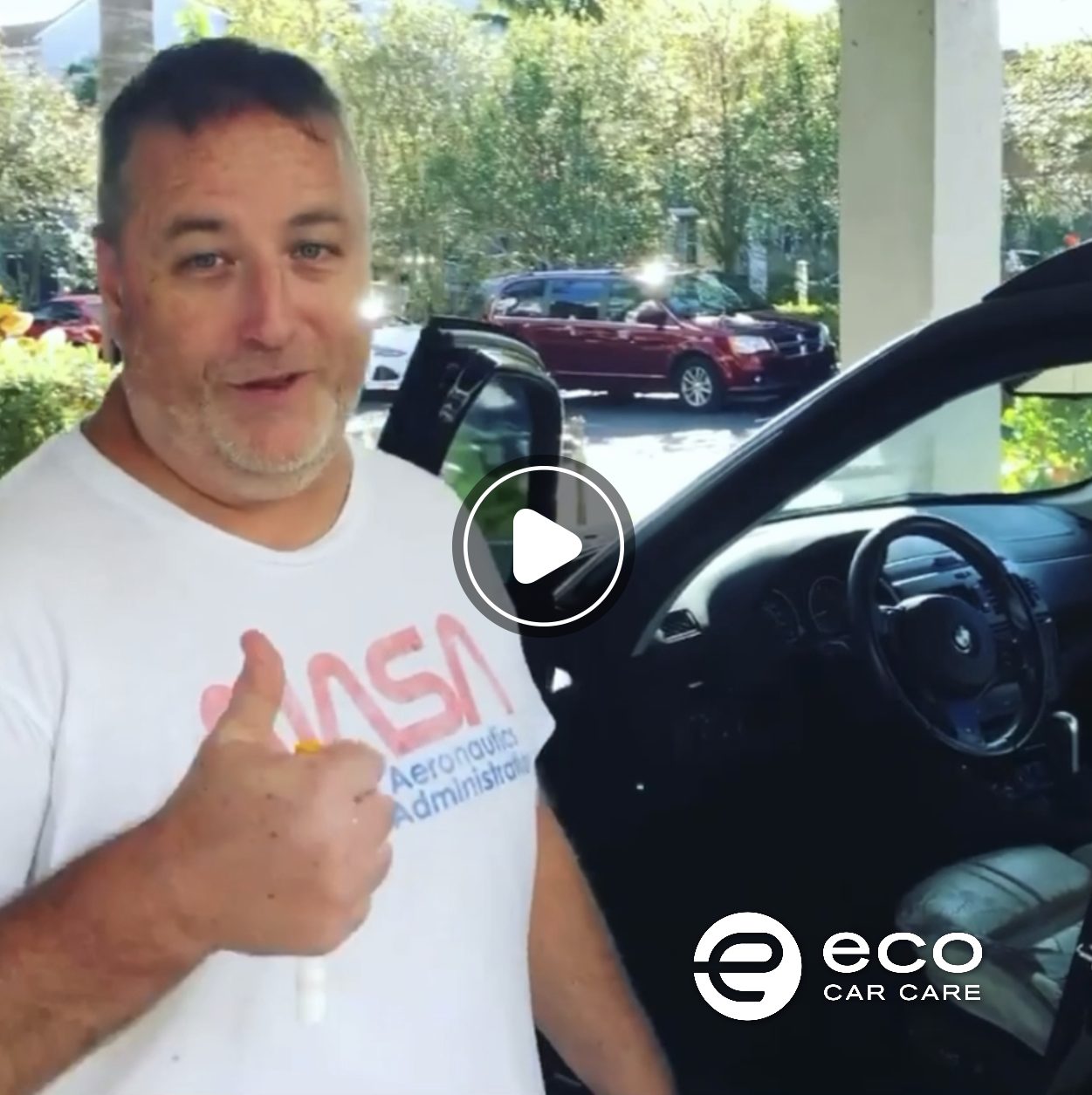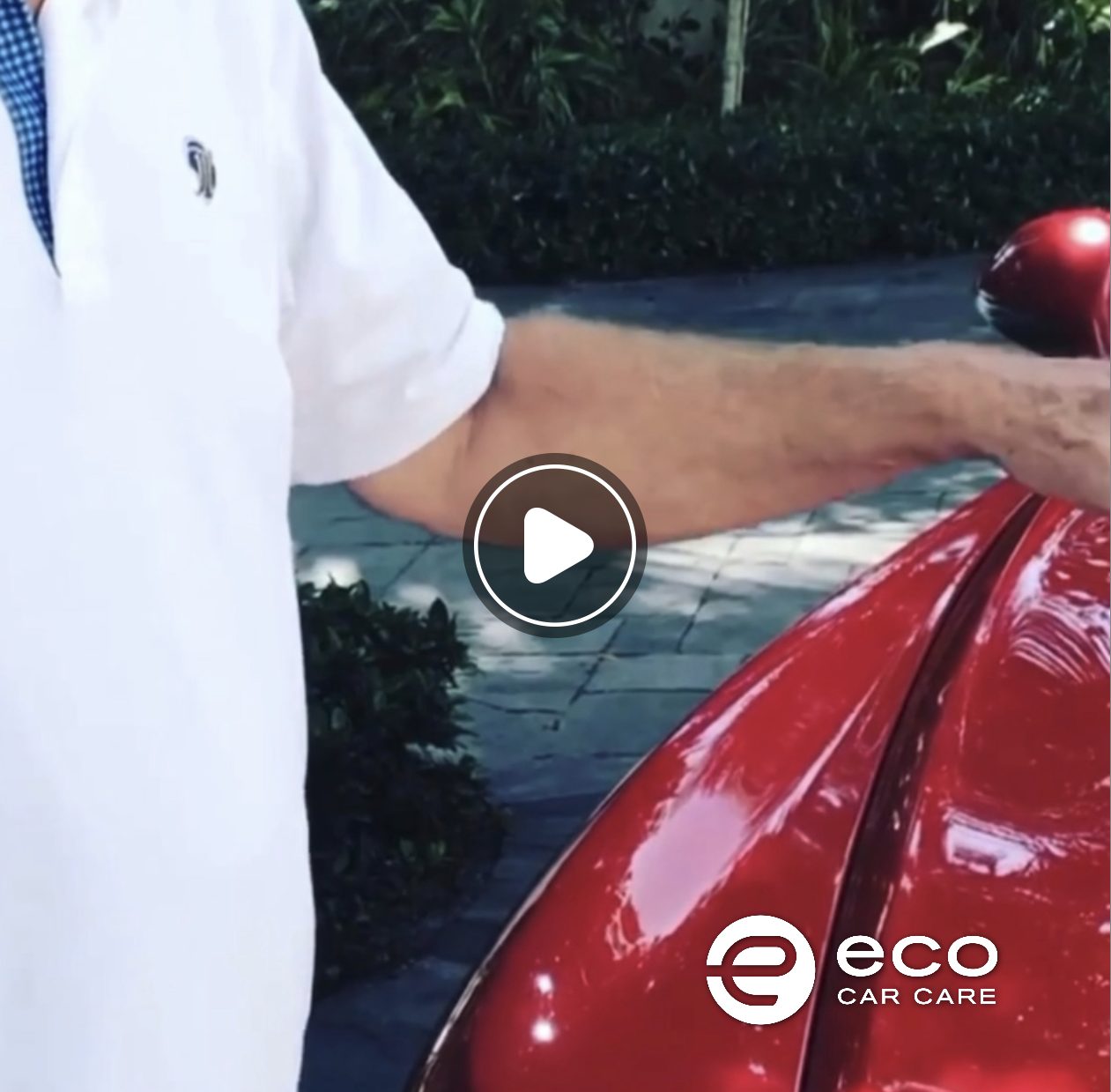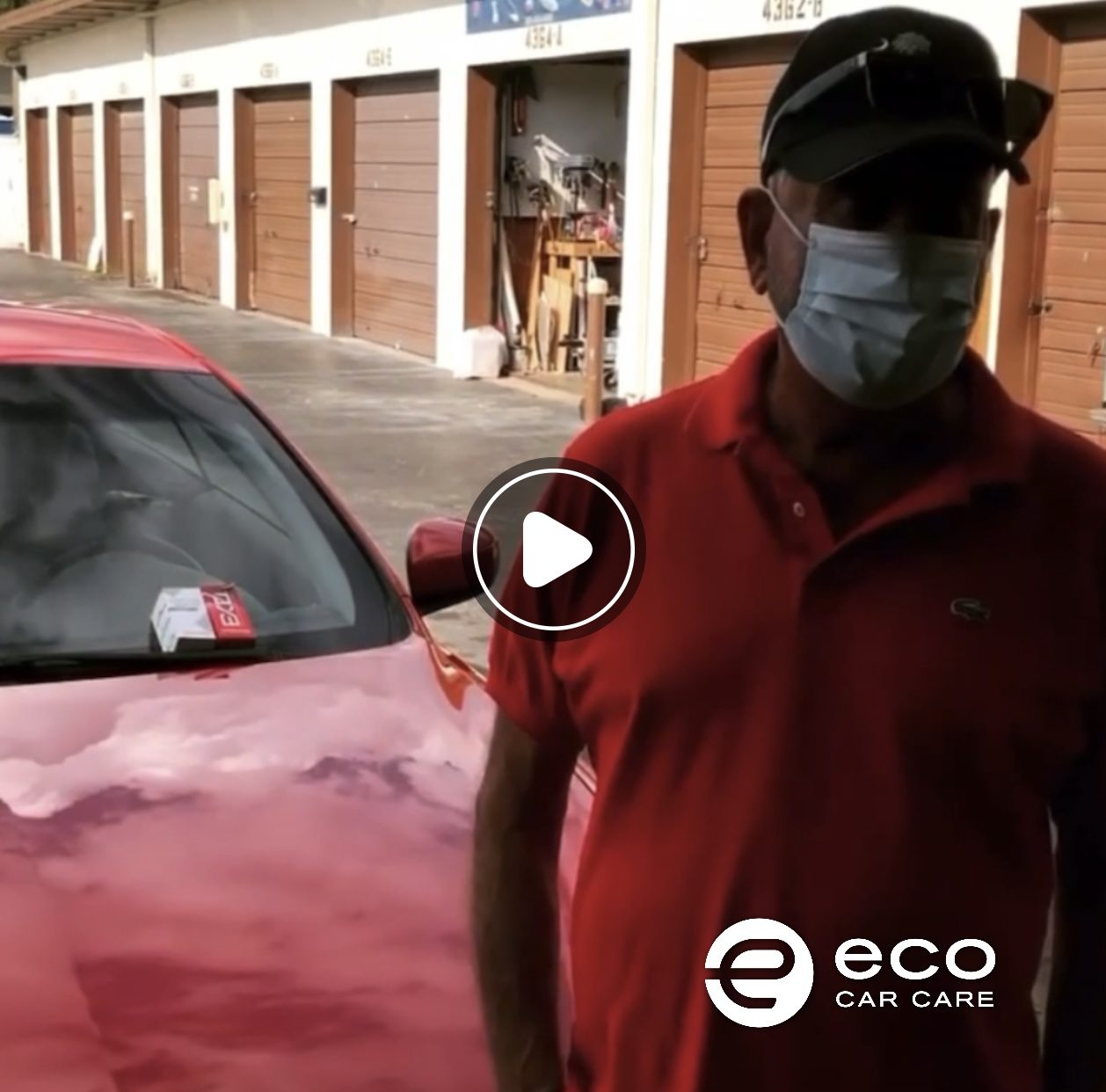How Can I Make My Car Wash System More Water Efficient?
How it works
Easy Online Booking
Professional Auto Detailing
Services
- Detect and repair all leaks in the system.
- Install lower flow nozzles and run at lower pressure; adjust flow in nozzles, sprays, and other lines to meet minimum quality requirements.
- Maintain all water-using devices to original or improved specifications for the conservation of water, and replace worn equipment with water-saving models.
- Replace brass or plastic nozzles, which erode more quickly, with stainless-steel or hard ceramic nozzles.
- Check alignment of nozzles, and inspect nozzles for clogging on a regular basis.
- Install positive shut-off valves on all hoses and valves and in extractor sinks.
- Turn off all flows during shutdowns. Use solenoid valves to stop the flow of water when production stops.
- When washing towels or rags, use front-loading washing machines and reduce the amount of laundry by doing fewer but fuller loads.
- Identify discharges that can be reused and implement reuse practices.
In addition, there are specific measures that can be taken for each type of car wash. For a conveyor system, water can be greatly conserved by reducing conveyor time. Also, nozzles should be timed to turn on as the vehicle enters the arch and shut off as it moves out of range. For an in-bay automatic car wash, adjusting nozzle alignment, flow rates, and timing can conserve water.
Detail Gallery
Our Latest Work
What People Are Saying
Client Testimonials
Got Questions?
Frequently Asked Questions
The cost of car detailing varies depending on factors such as the size and condition of the vehicle, the level of service chosen, and the detailing provider. On average, expect to spend between $100 to $300 for basic detailing and up to $500 or more for premium services.
Car detailing involves thoroughly cleaning, restoring, and protecting the interior and exterior surfaces of a vehicle. It typically includes processes such as washing, waxing, polishing, vacuuming, steam cleaning, and conditioning to enhance the appearance and longevity of the car.
A full auto detailing service encompasses comprehensive cleaning and restoration of both the interior and exterior of a vehicle. It includes tasks such as washing, waxing, polishing, shampooing carpets, cleaning upholstery, treating leather, and detailing the engine bay.
The cost of car detailing reflects the time, effort, skill, and quality of materials used in the process. Professional detailers invest in high-quality products and equipment, undergo extensive training, and meticulously perform each step to achieve exceptional results, which justifies the higher price.
The frequency of car detailing depends on factors such as your driving habits, environmental conditions, and personal preferences. As a general guideline, aim to detail your car every 4 to 6 months to maintain its appearance and protect its value. However, high-use vehicles or those exposed to harsh conditions may require more frequent detailing.
Professional car detailing techniques such as paint correction or scratch removal can improve the appearance of minor scratches and swirl marks on the vehicle's paintwork. However, deep or severe scratches may require more extensive repairs such as touch-up painting or panel refinishing.
